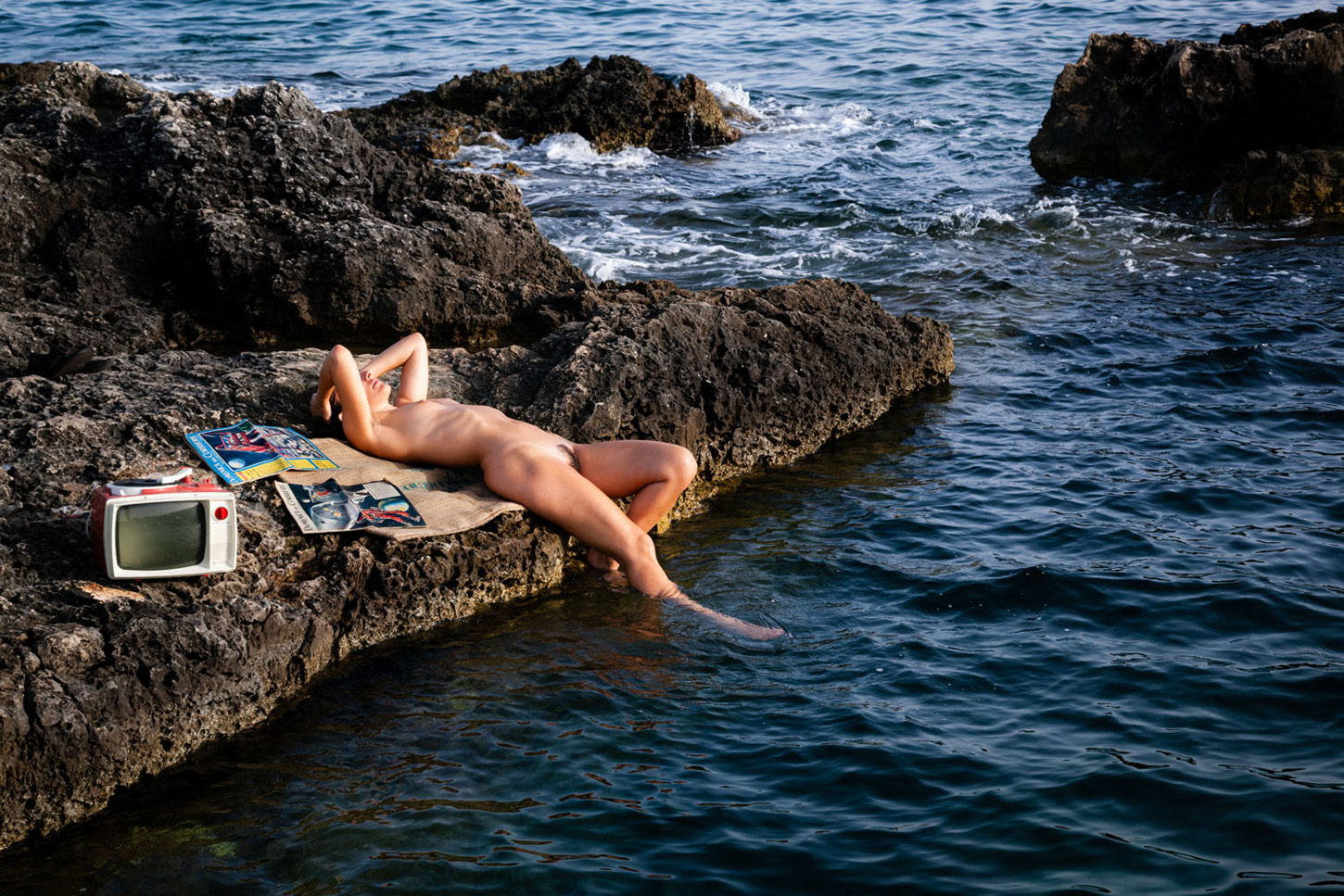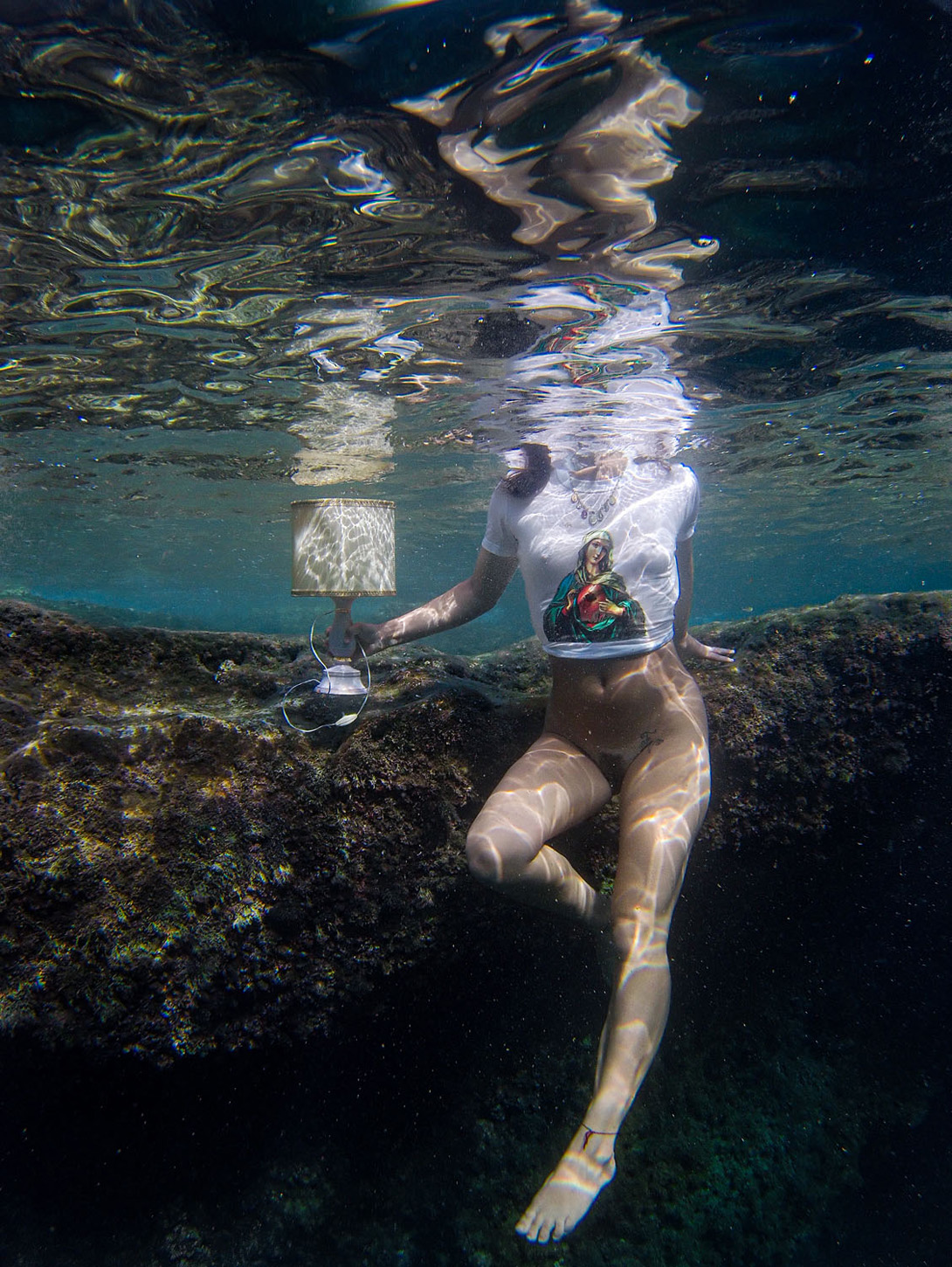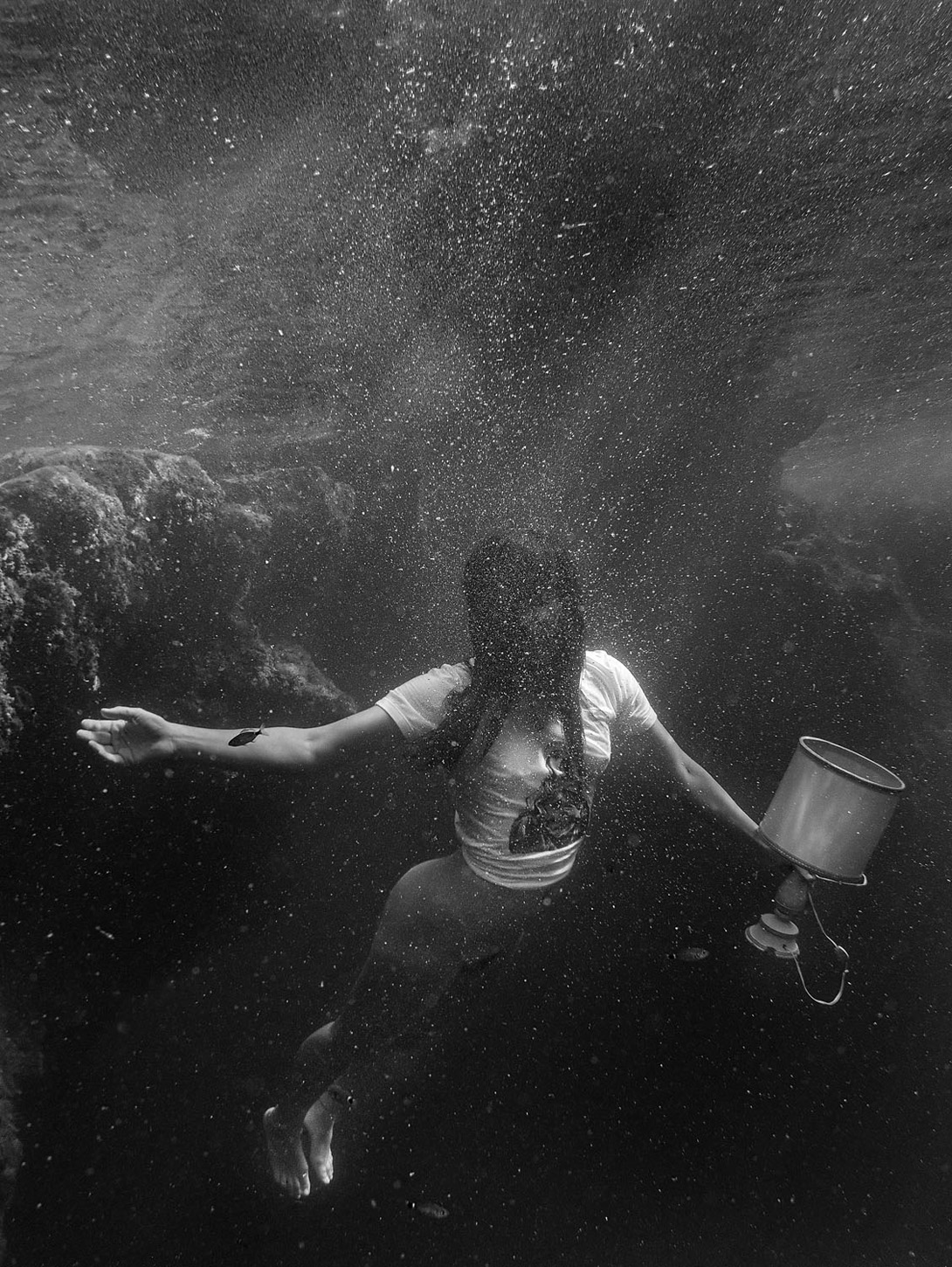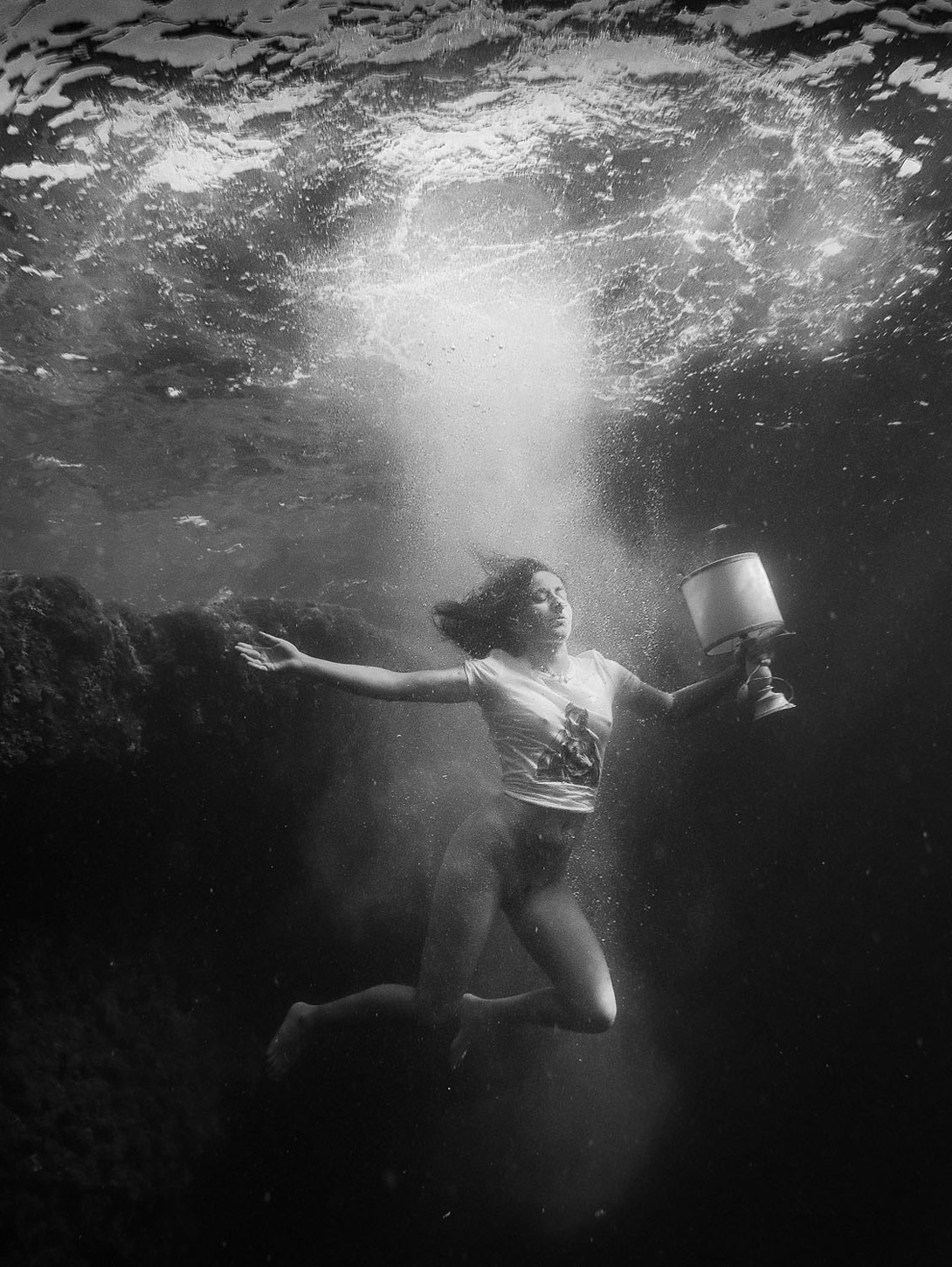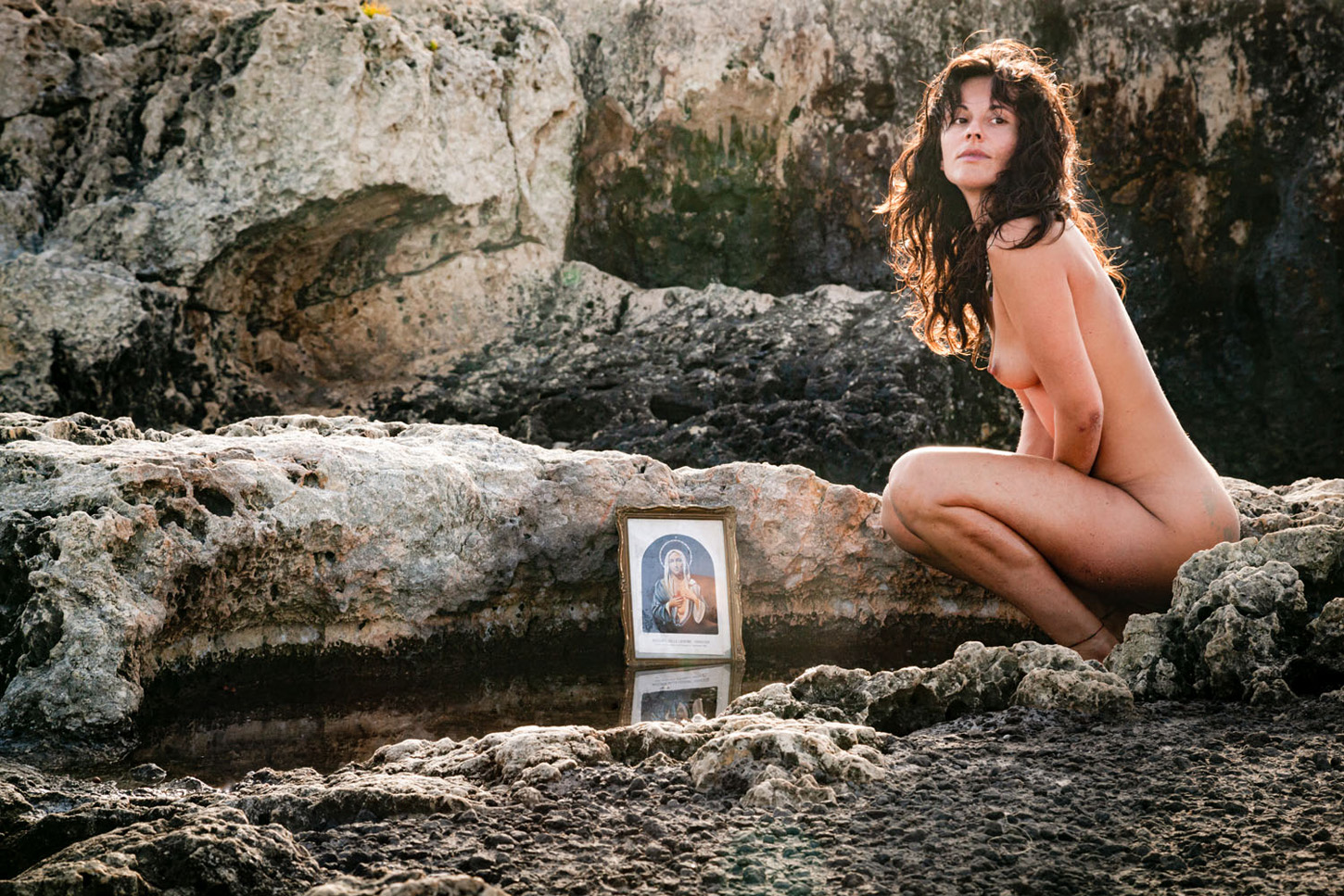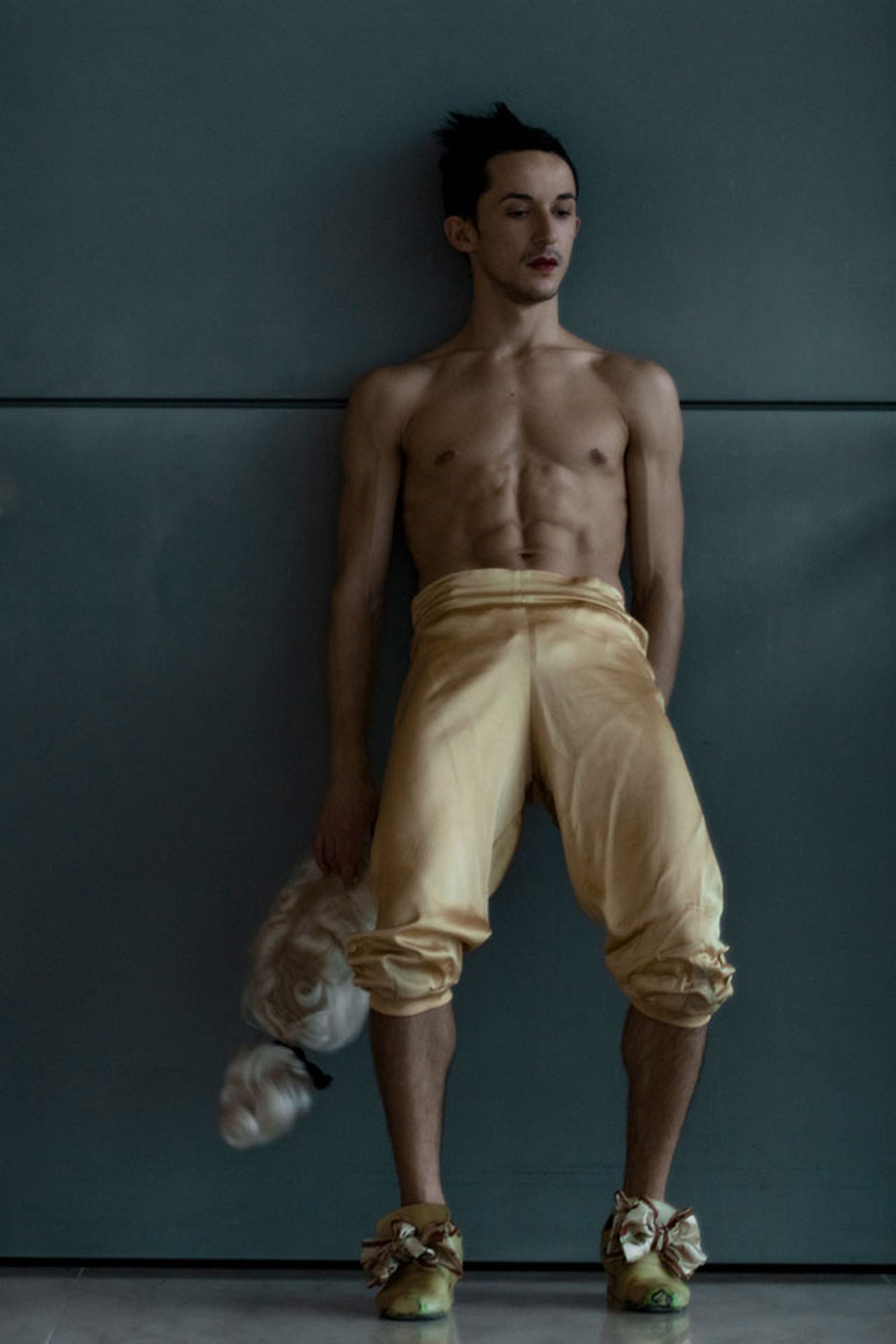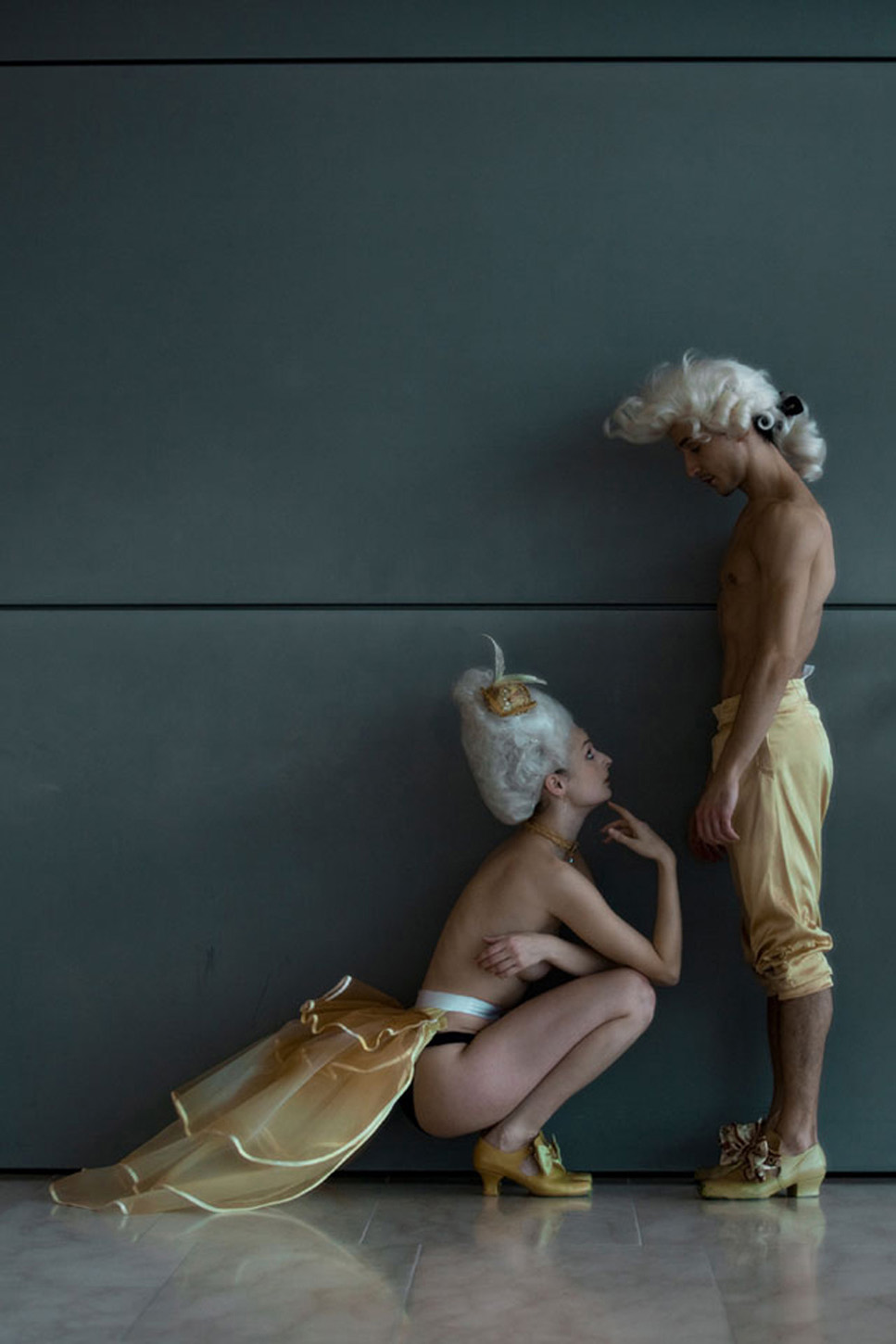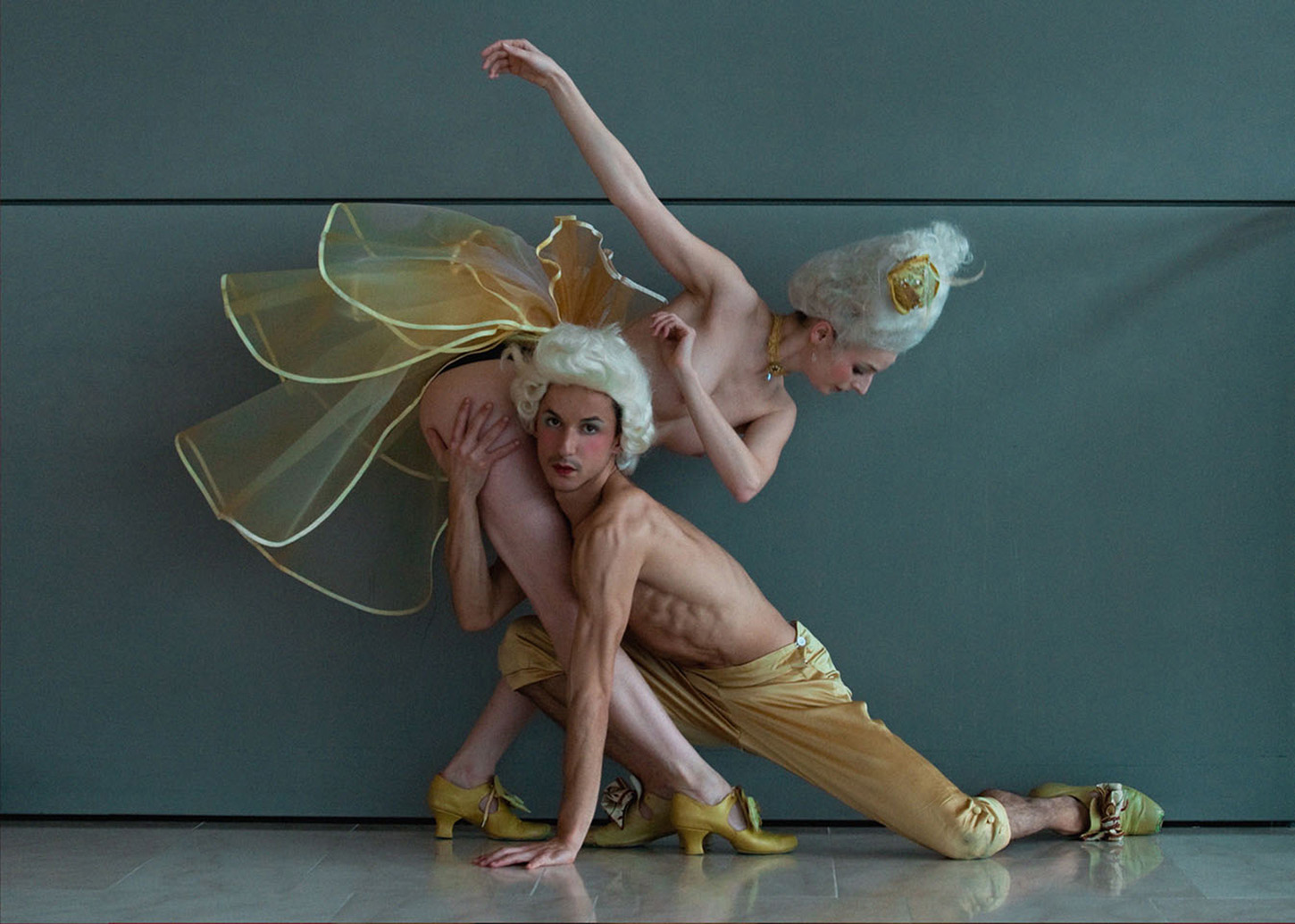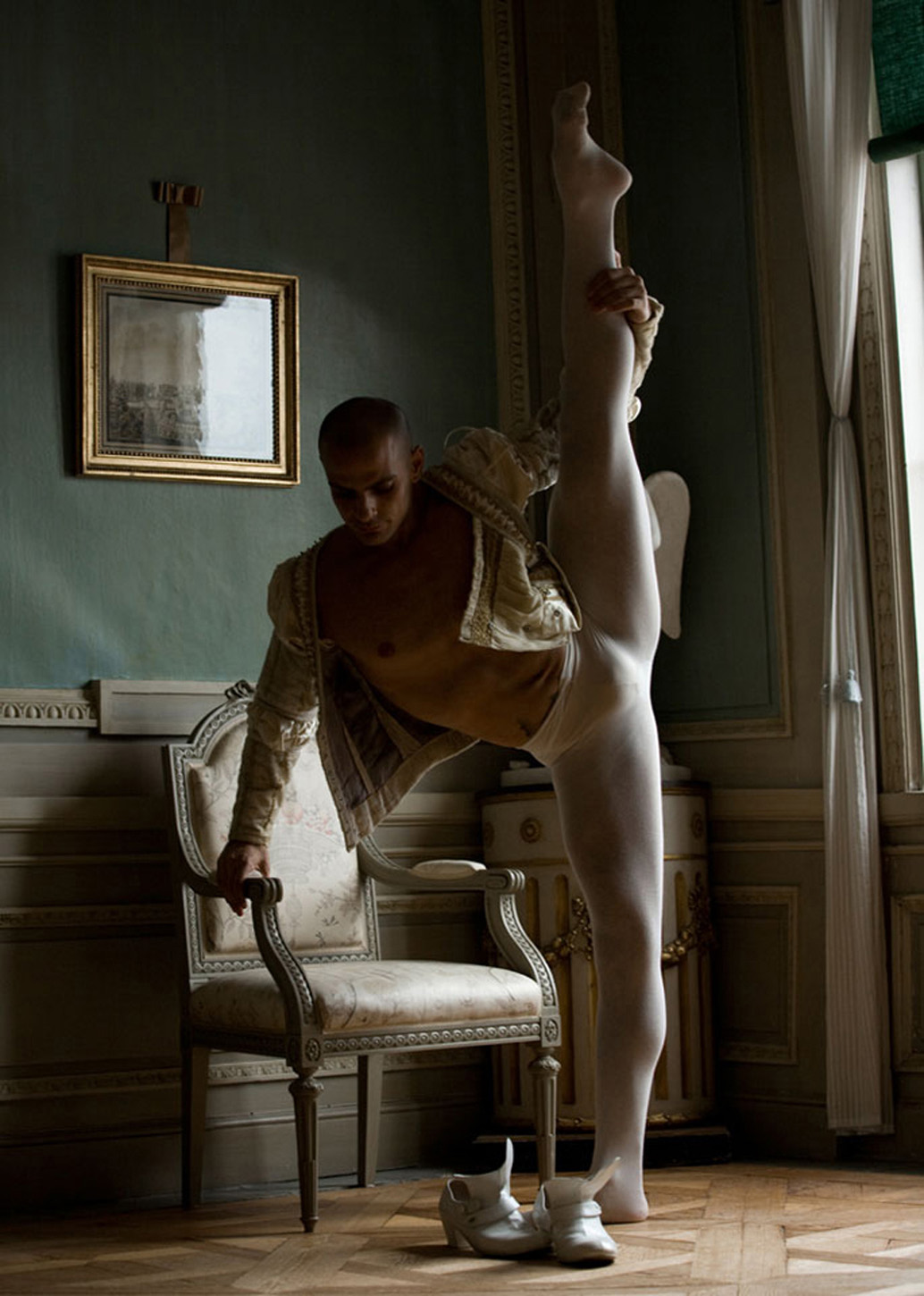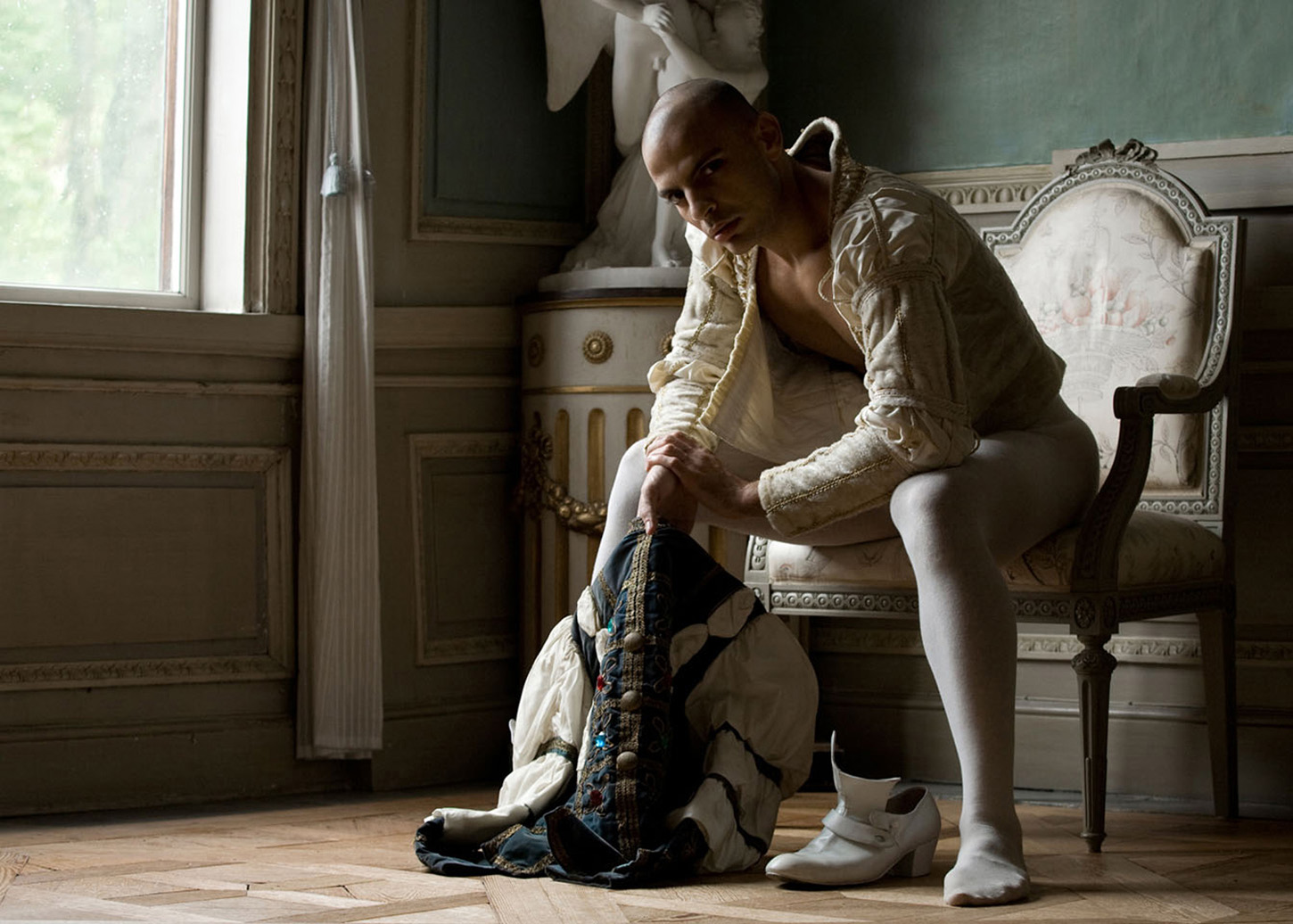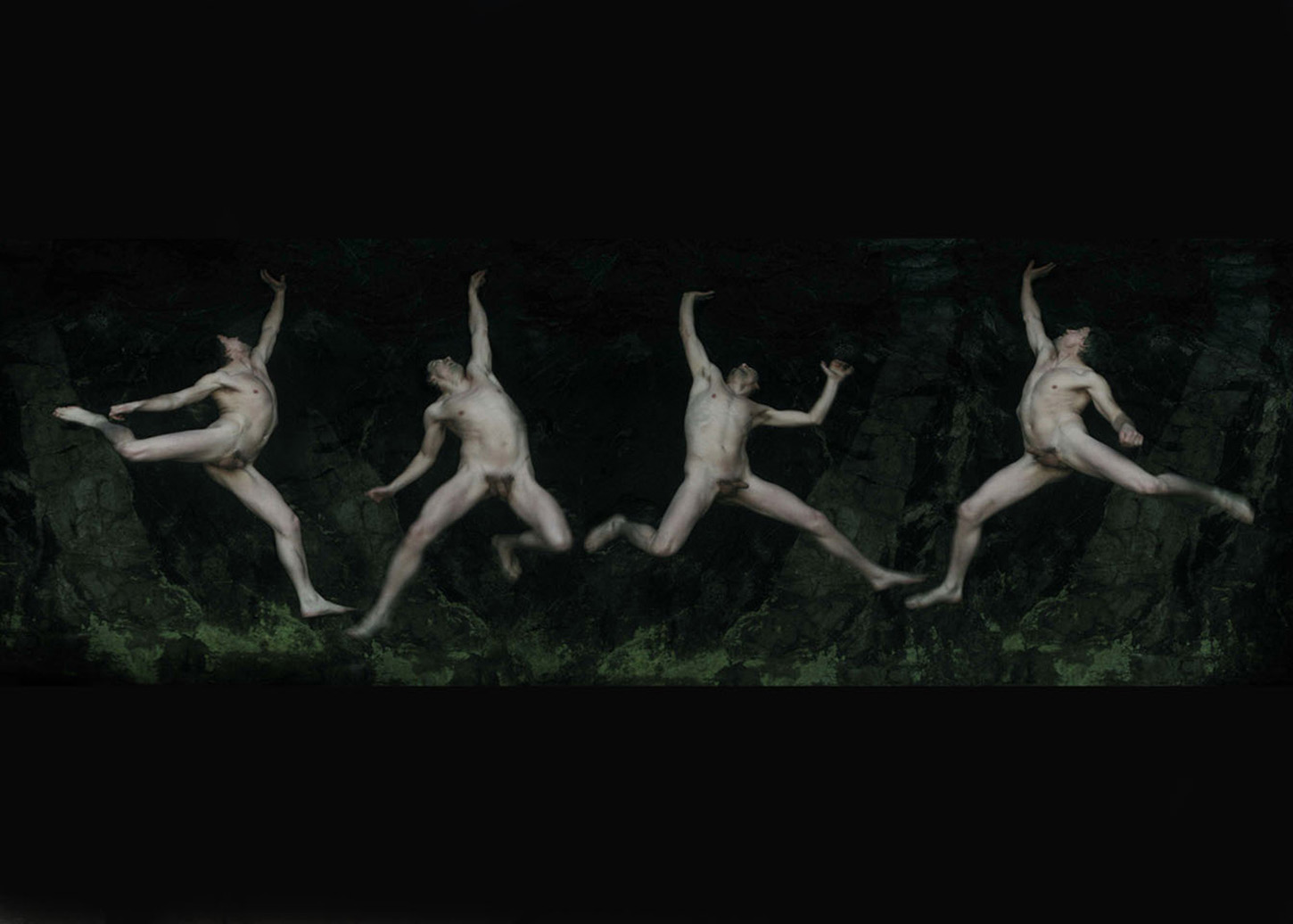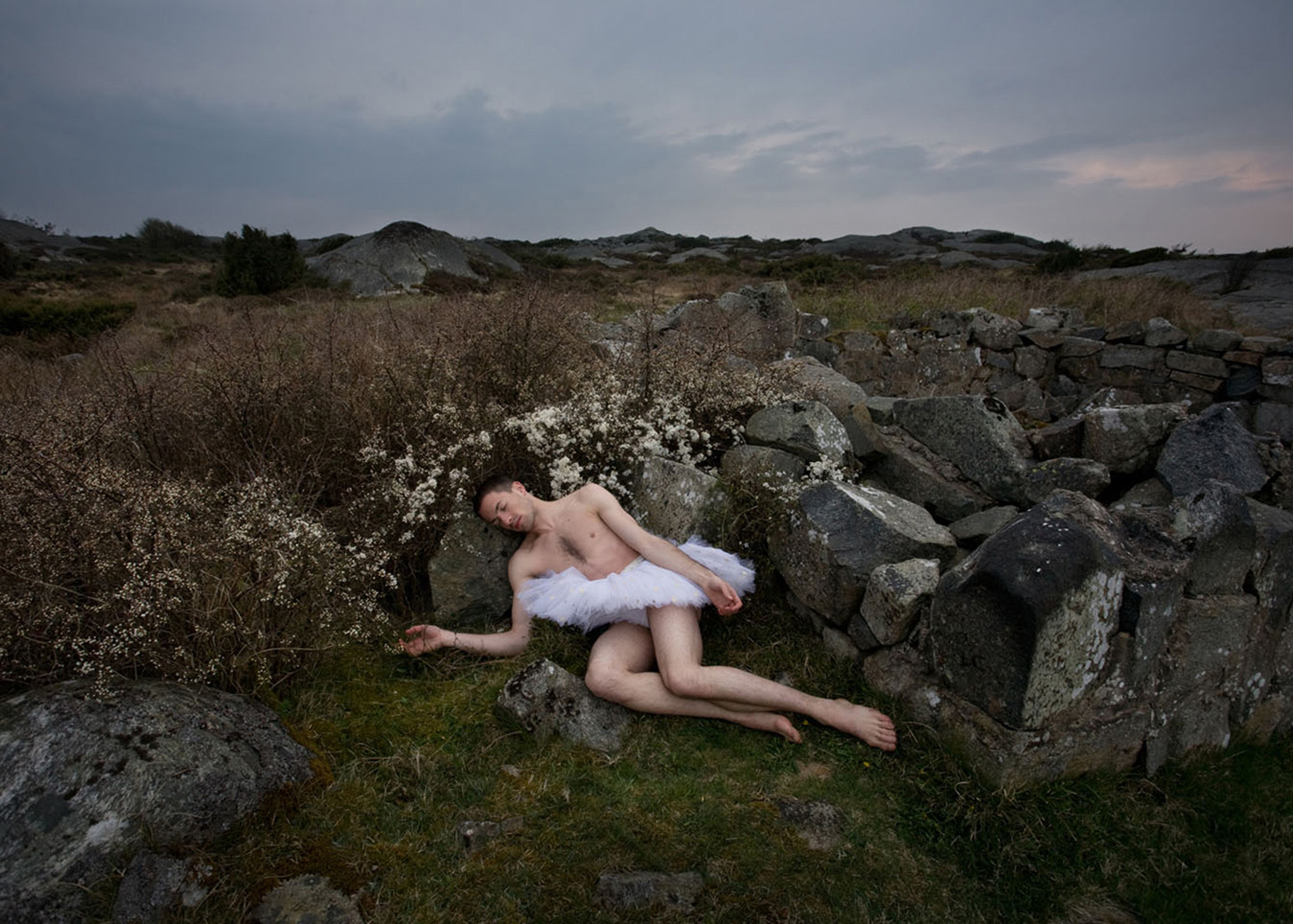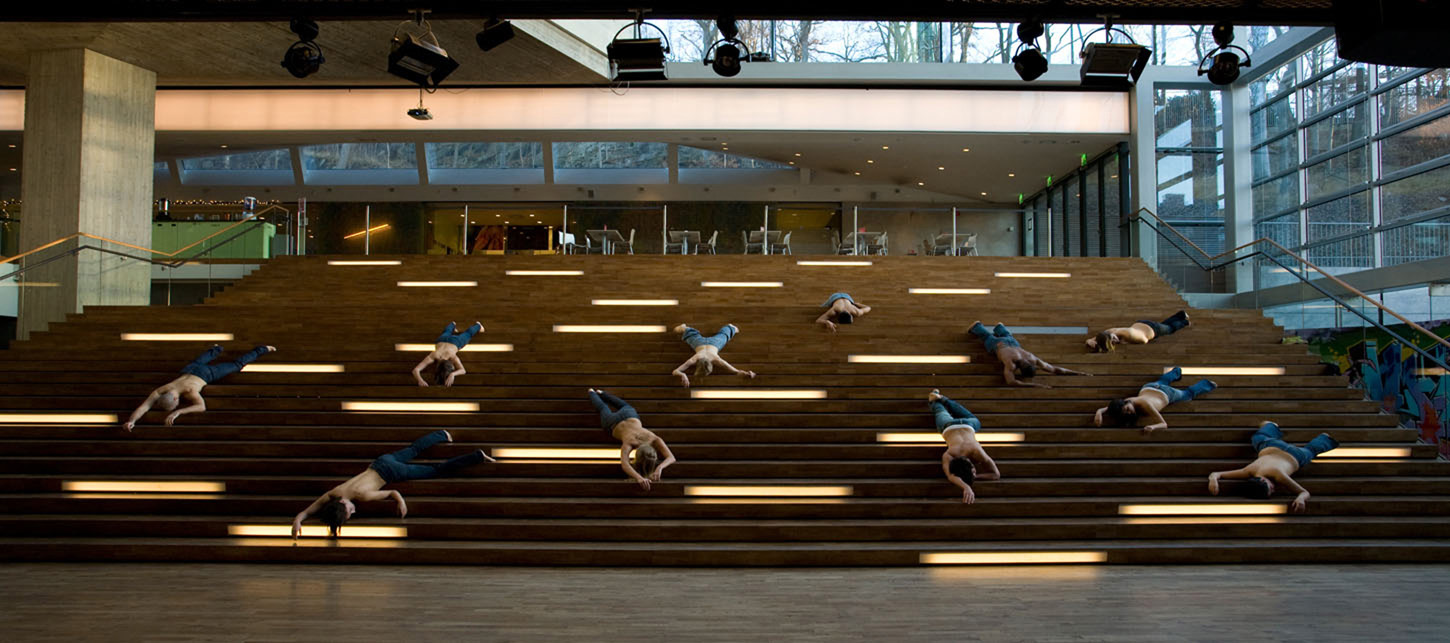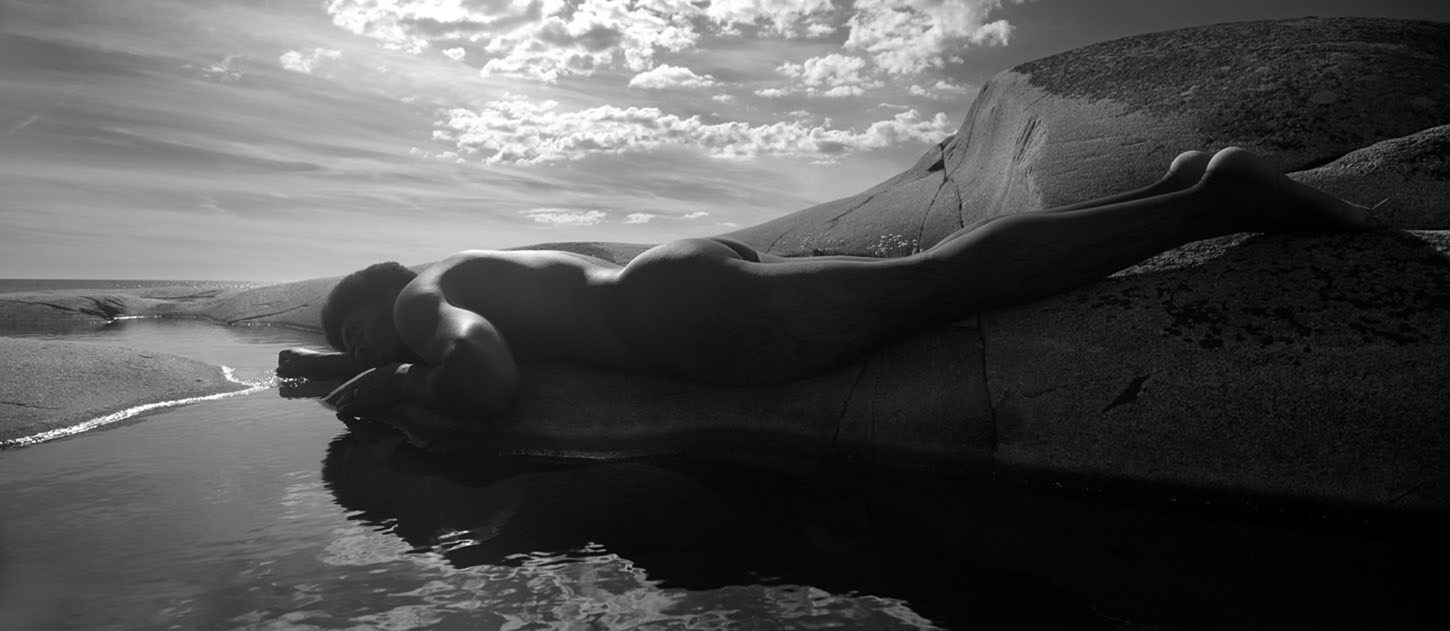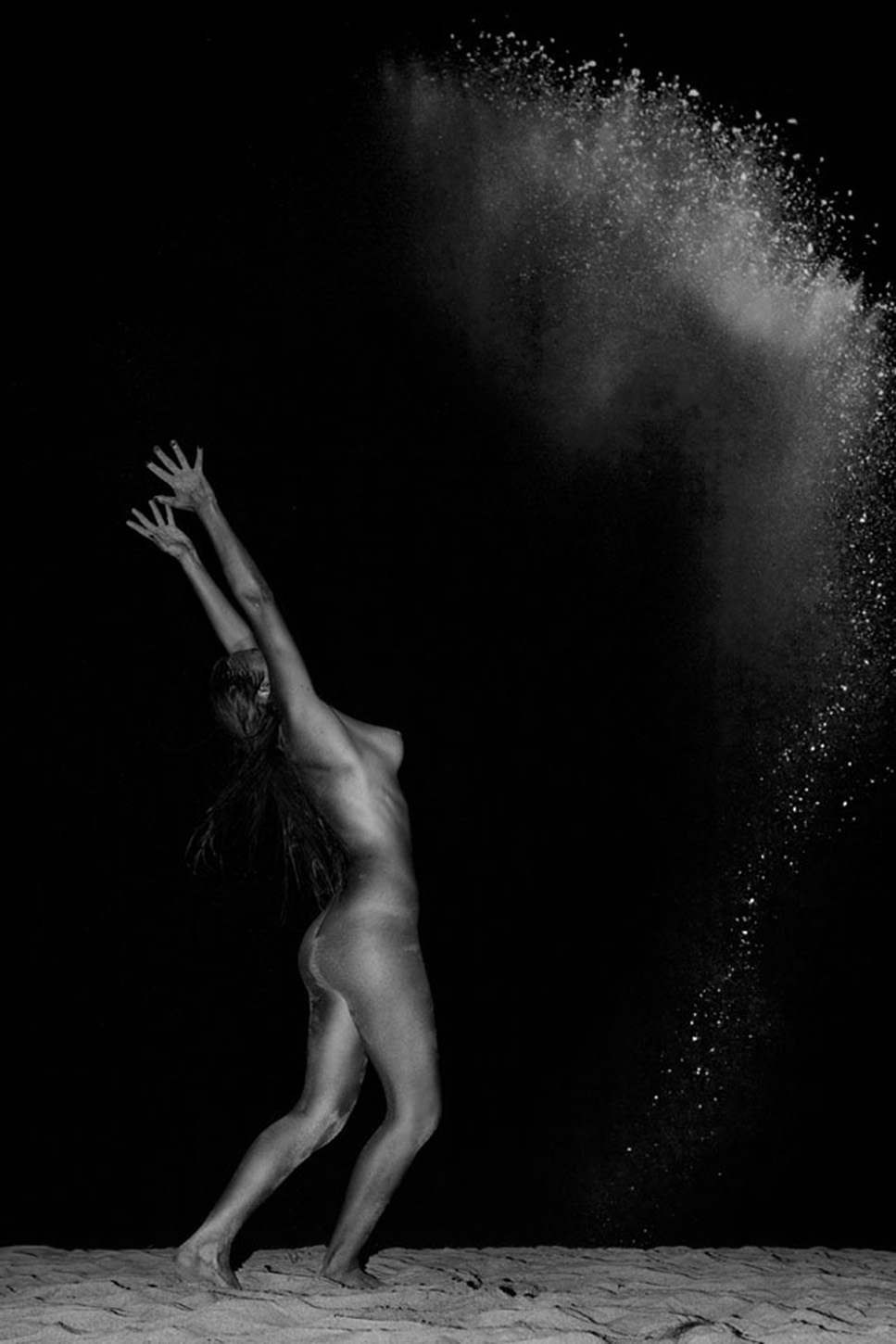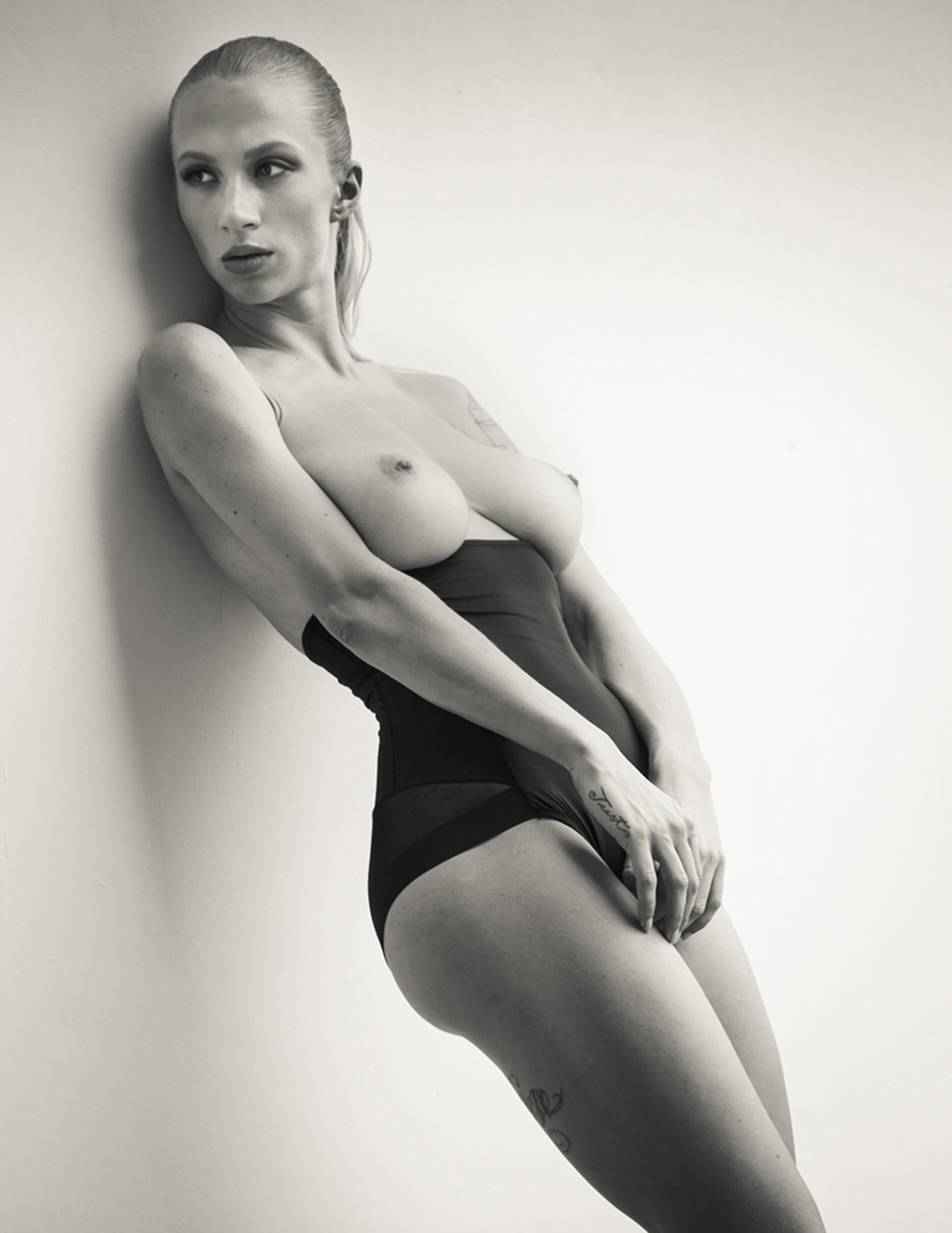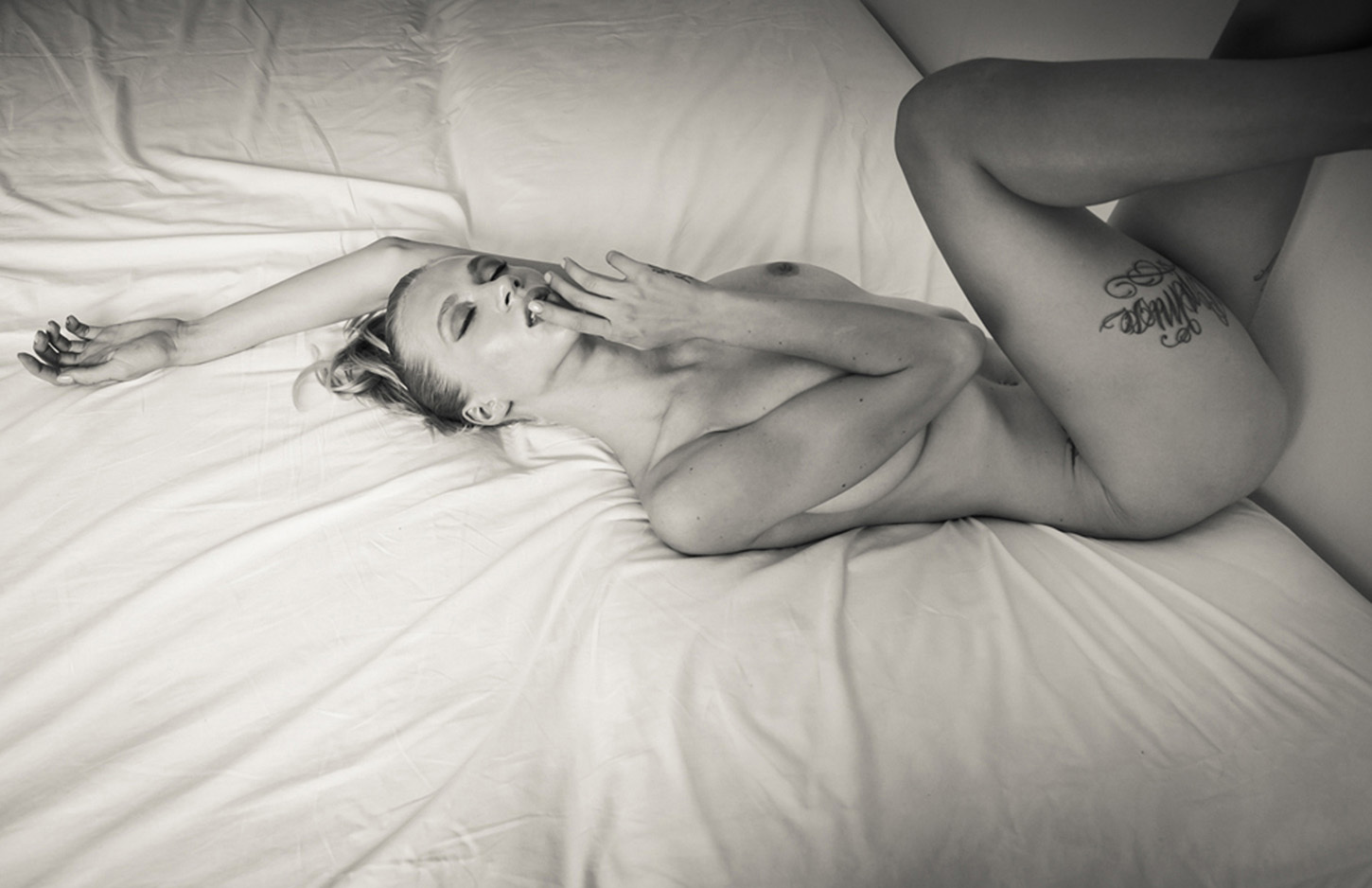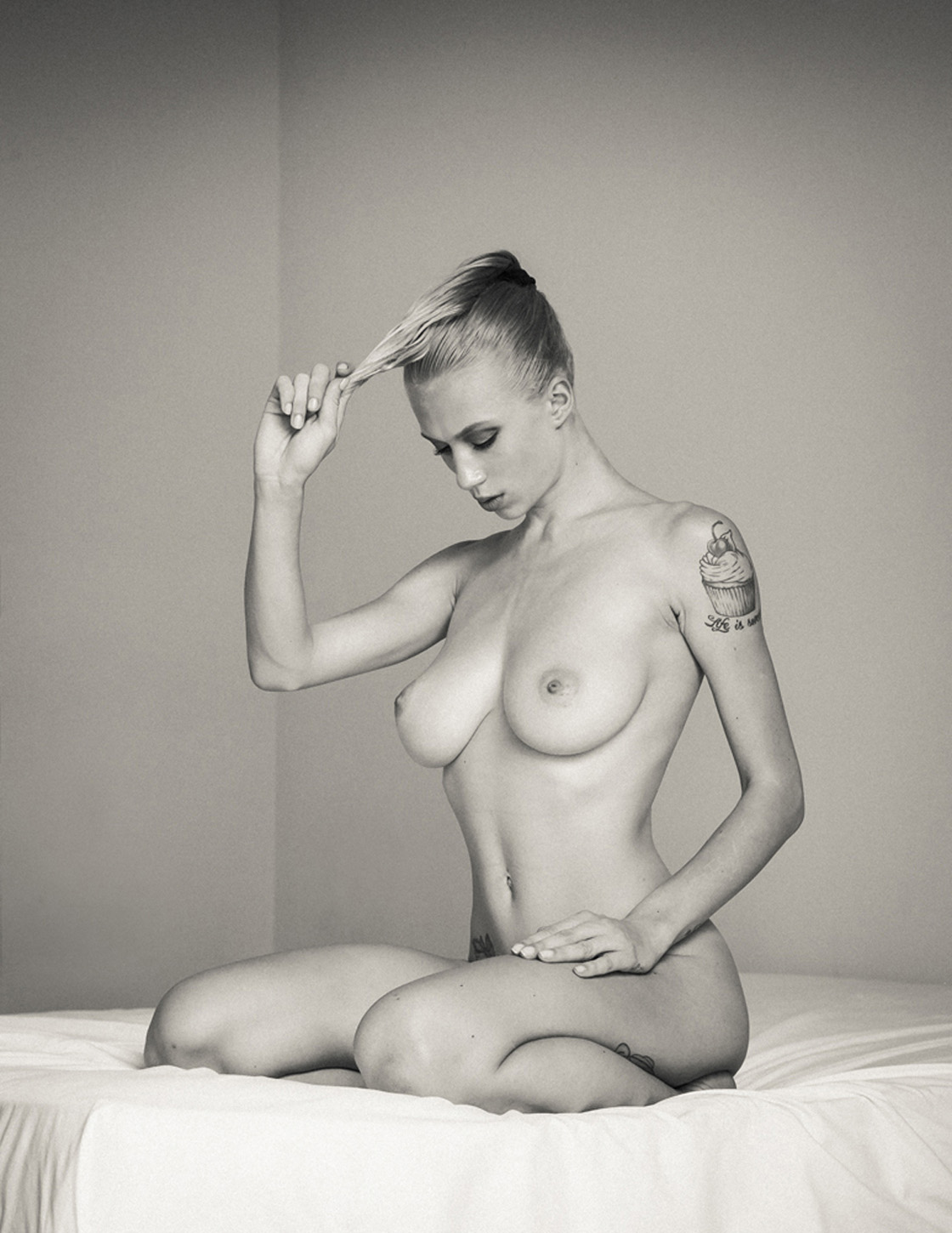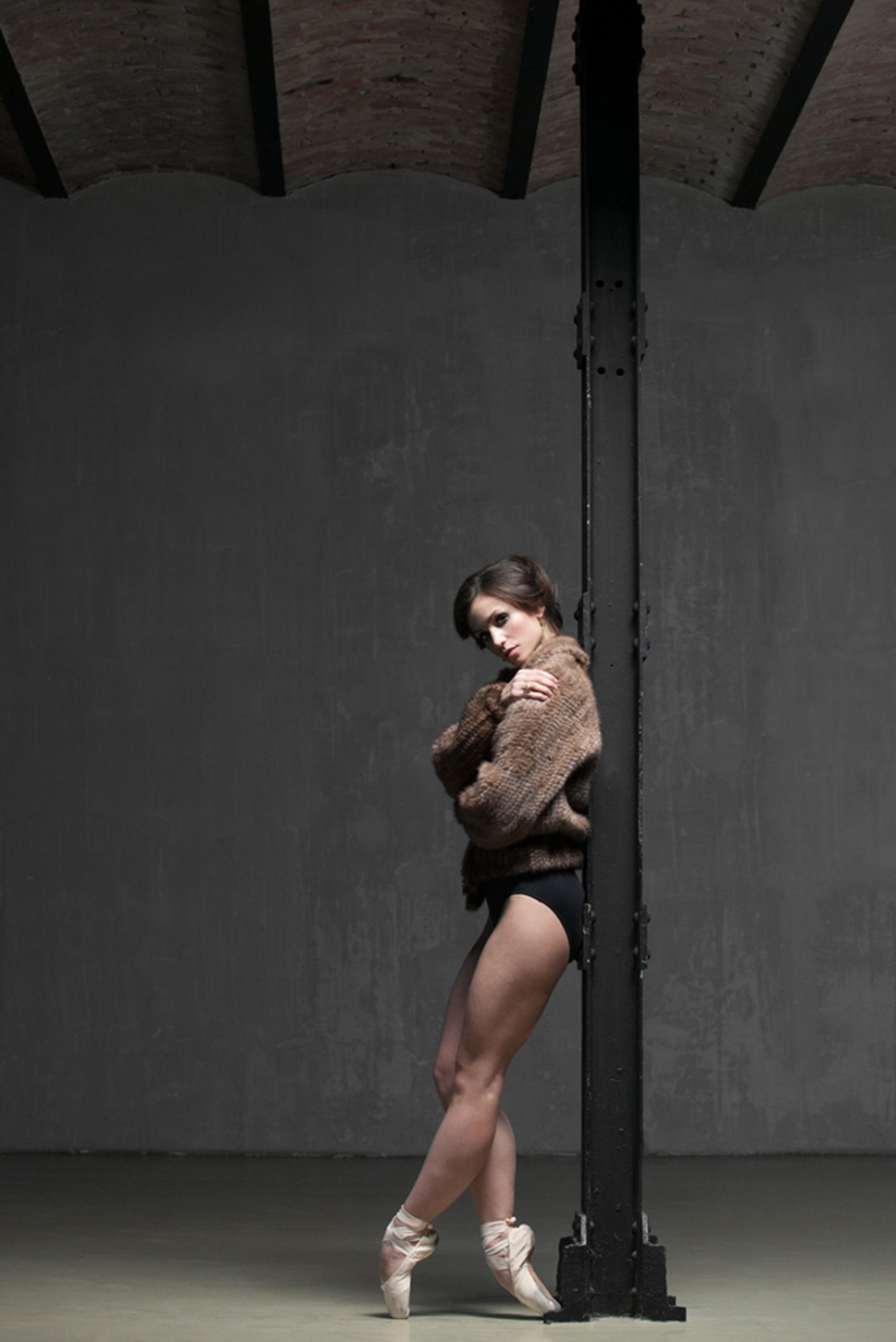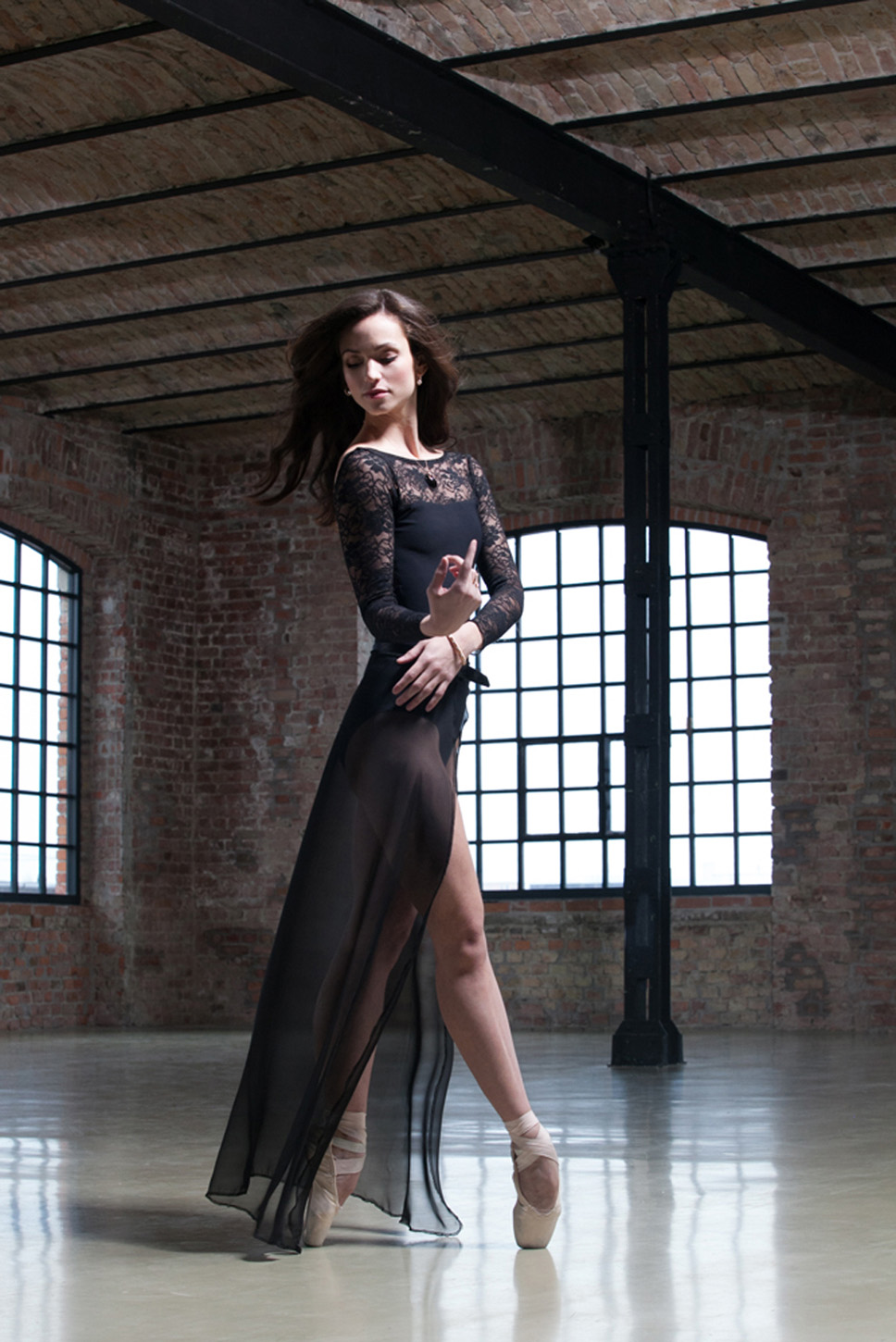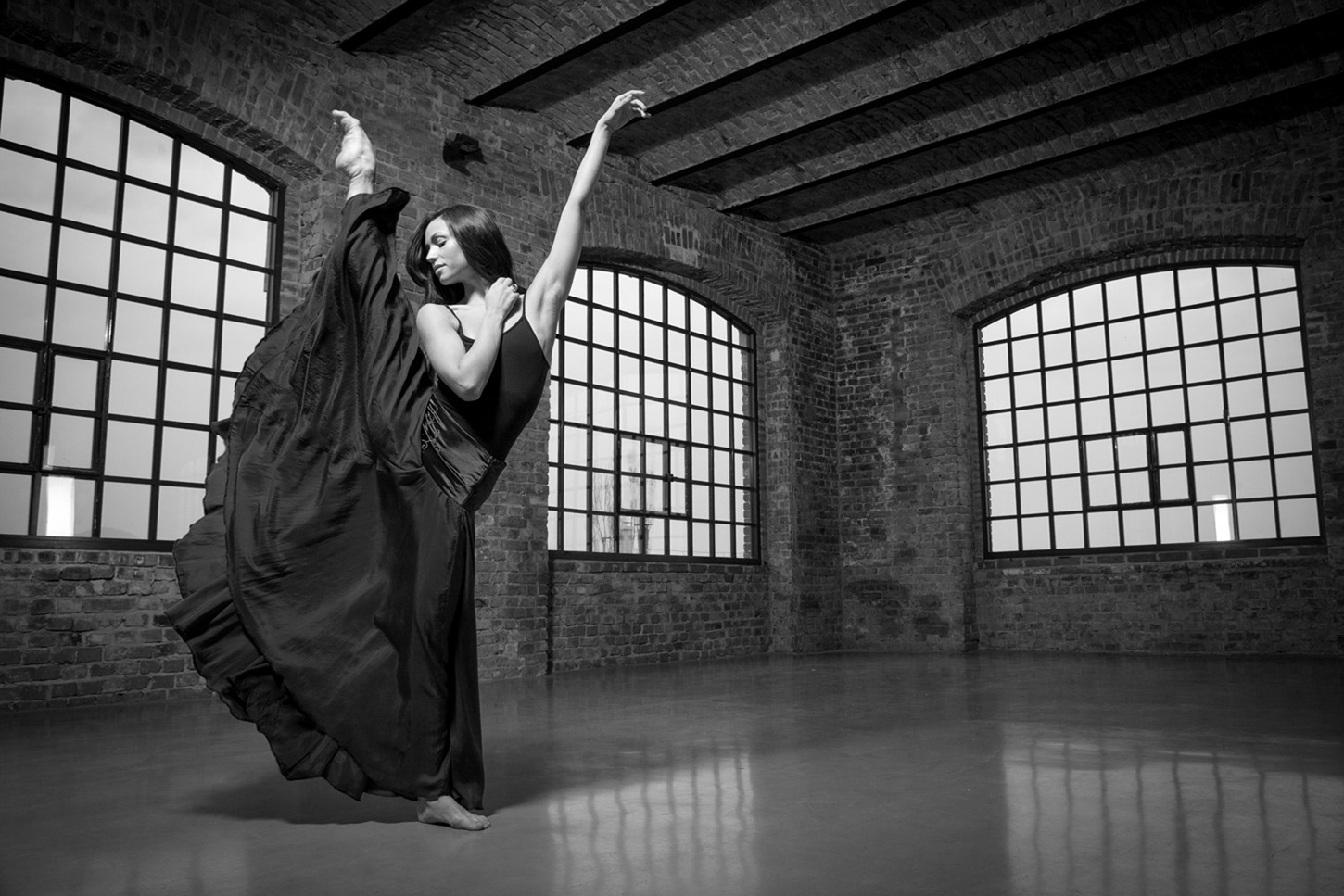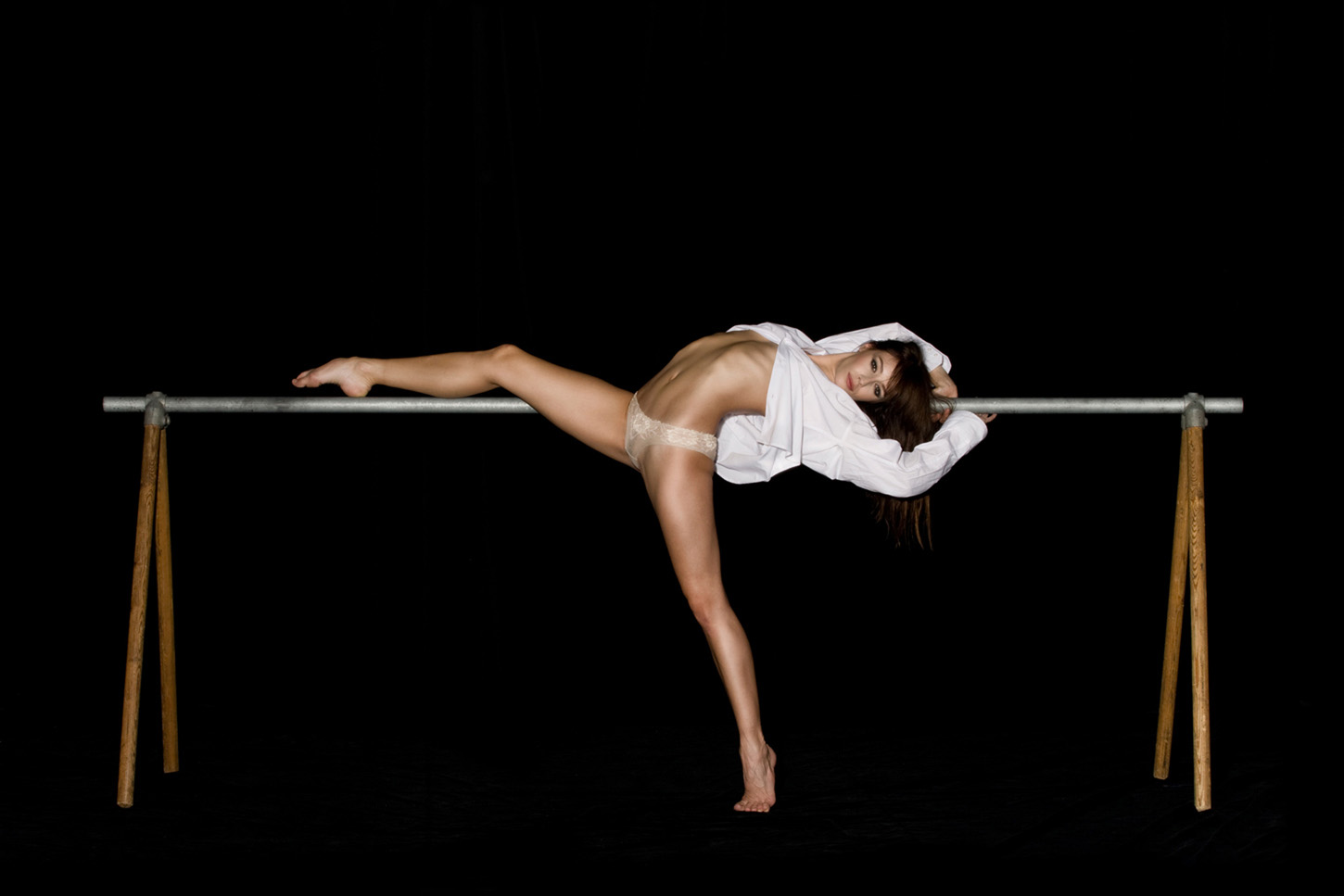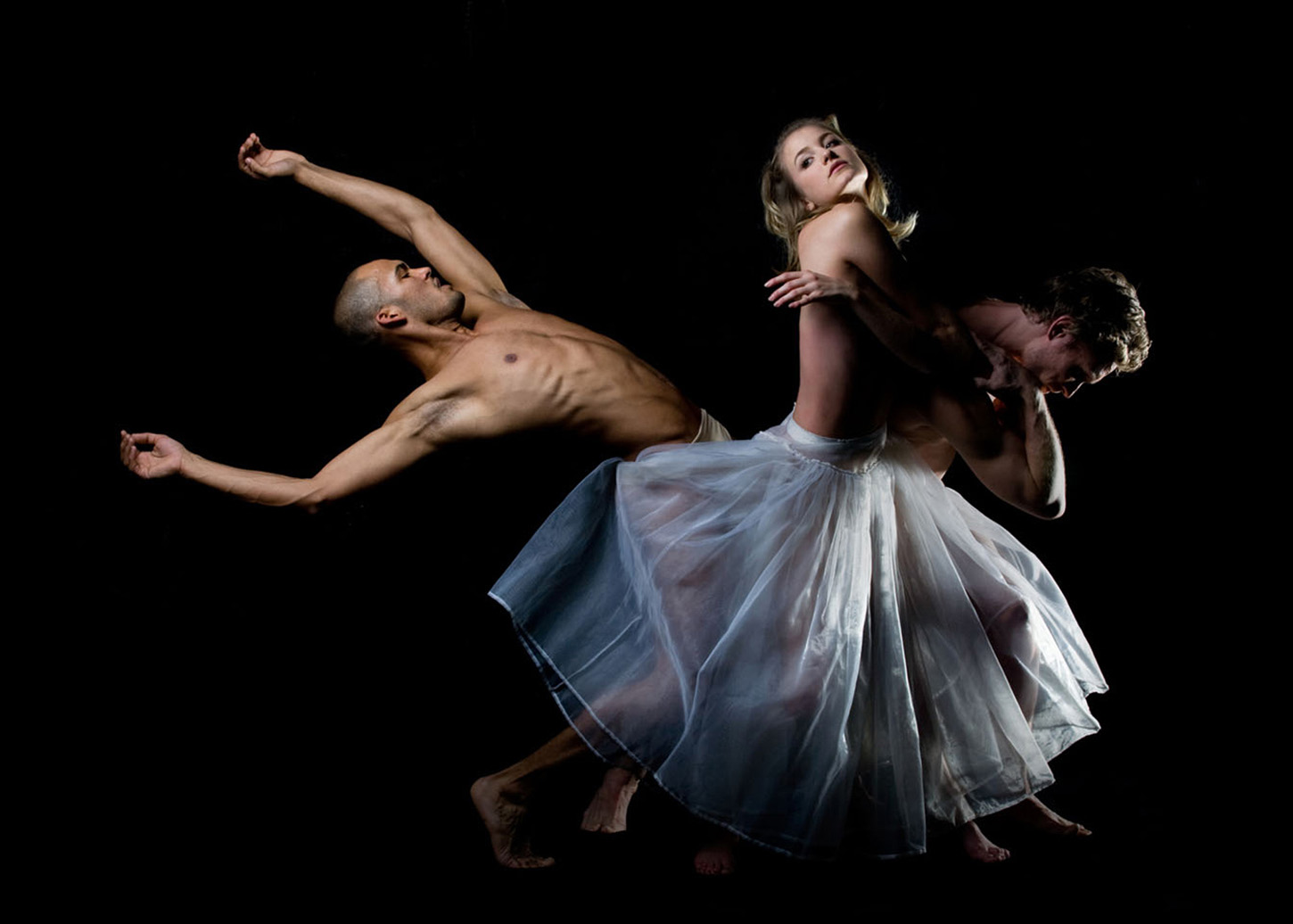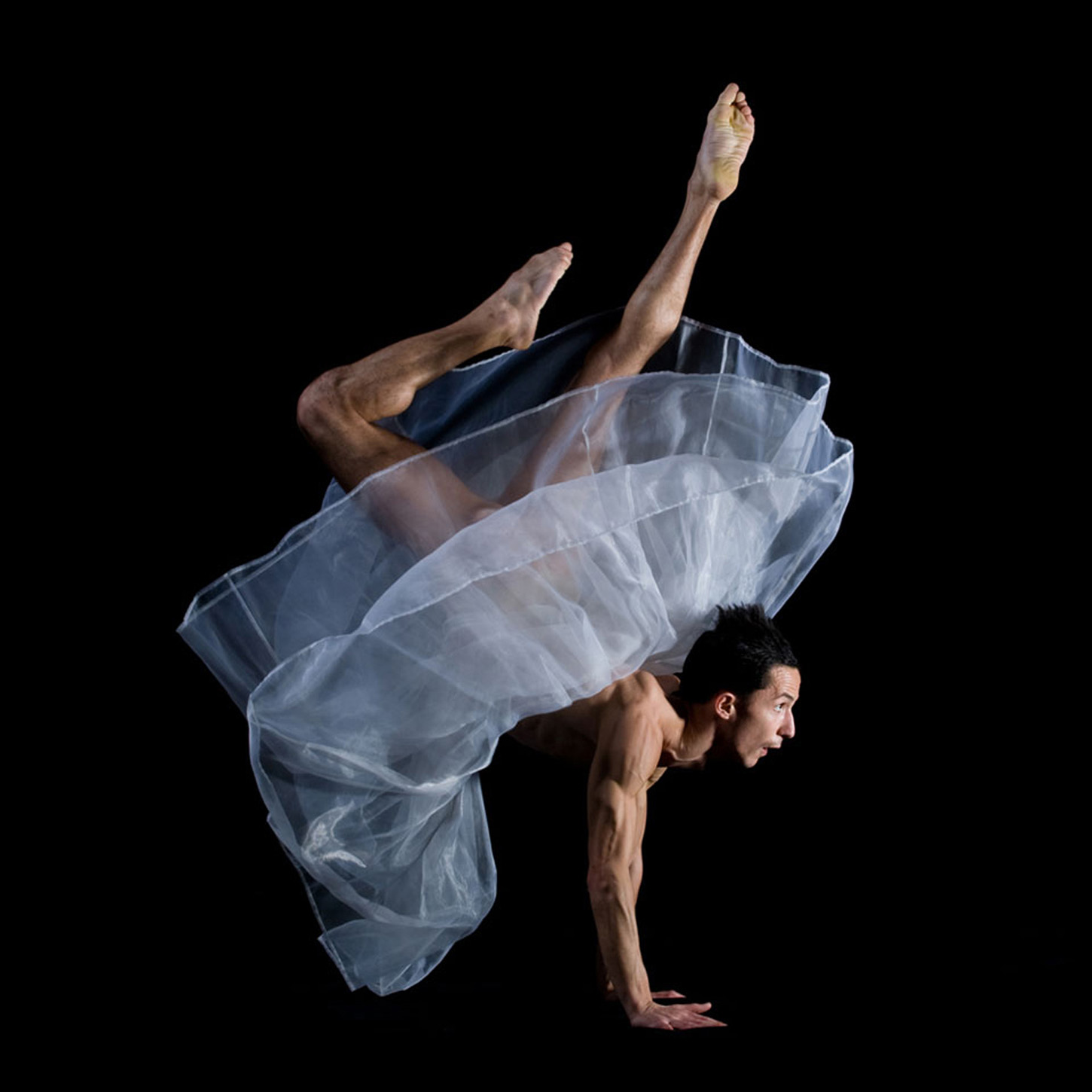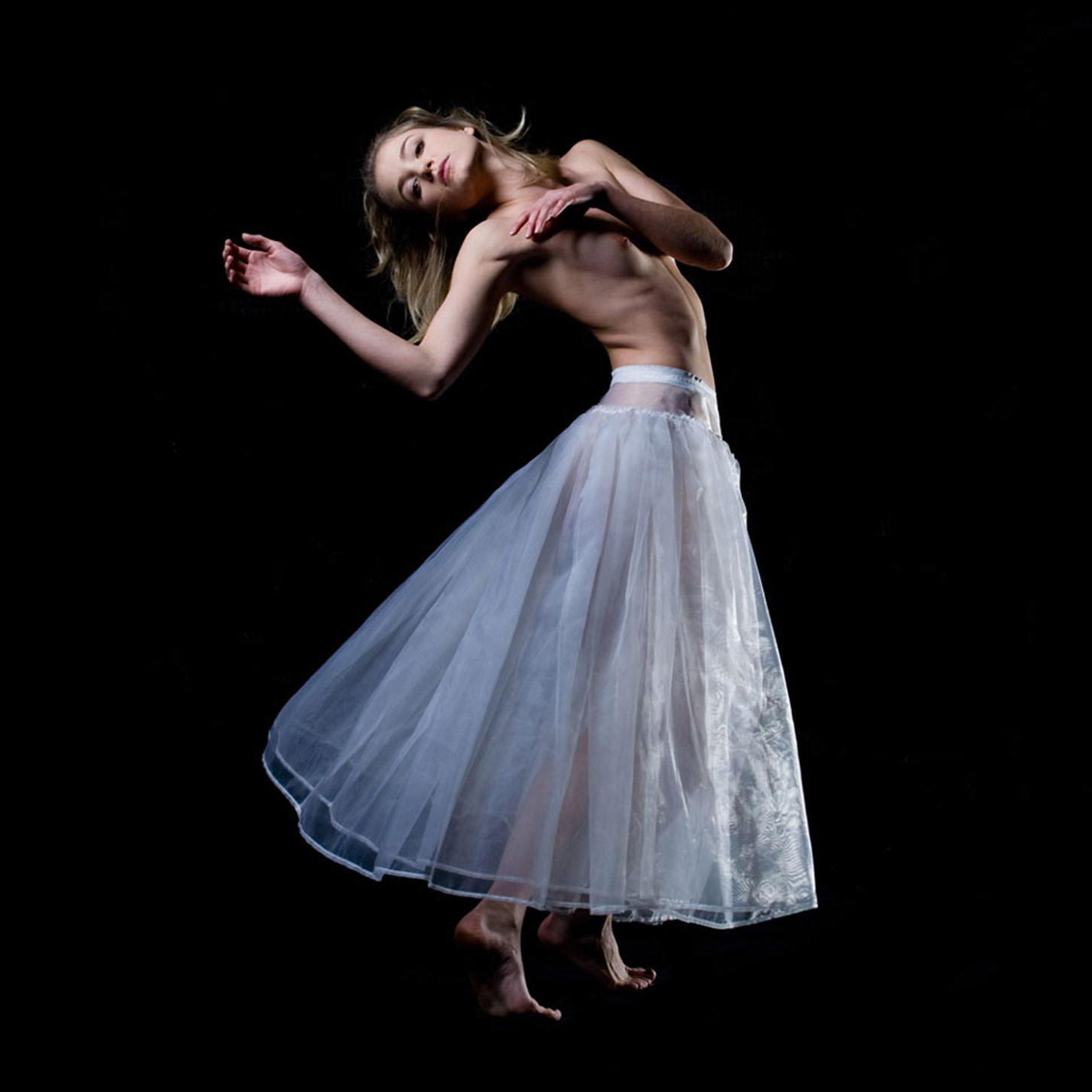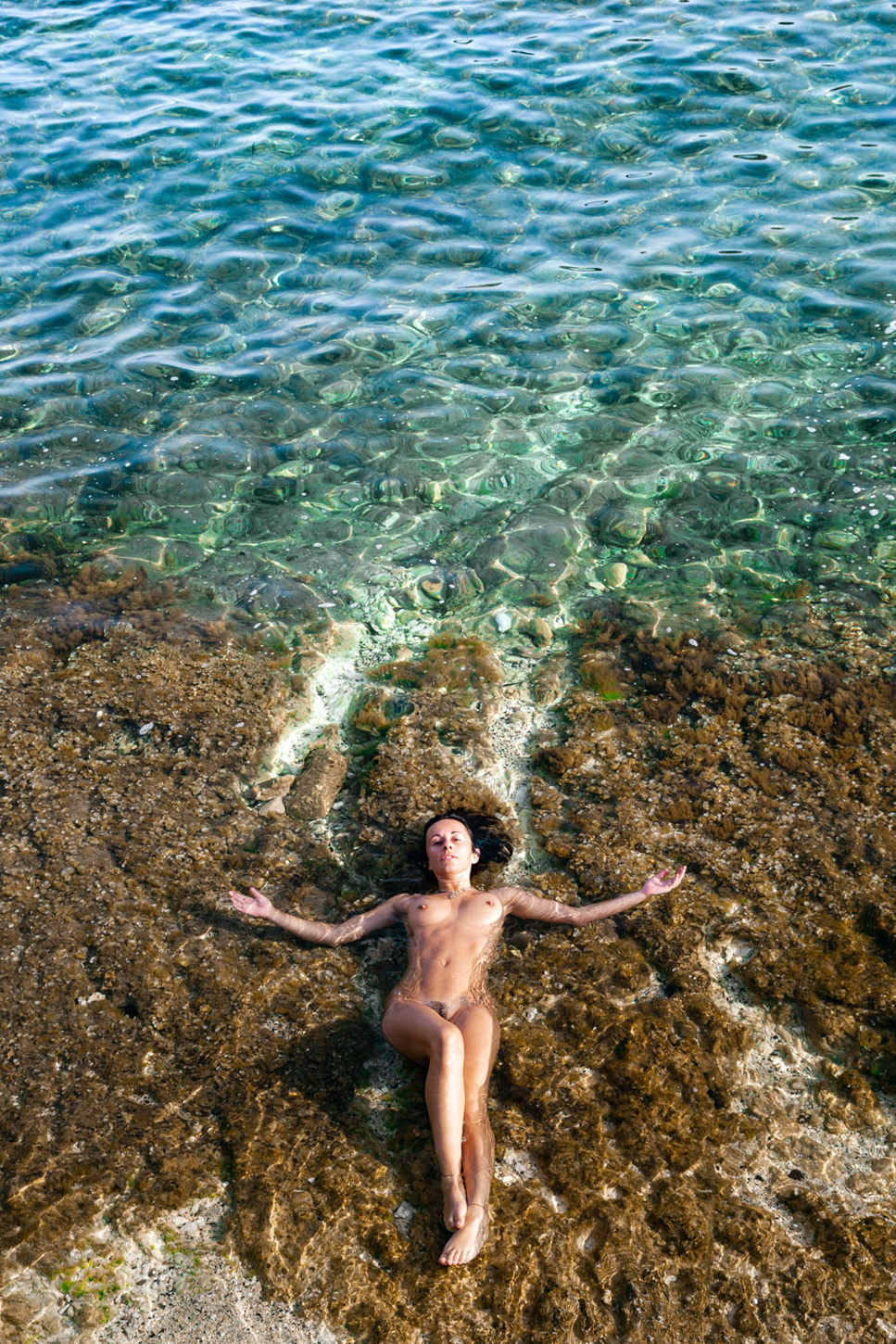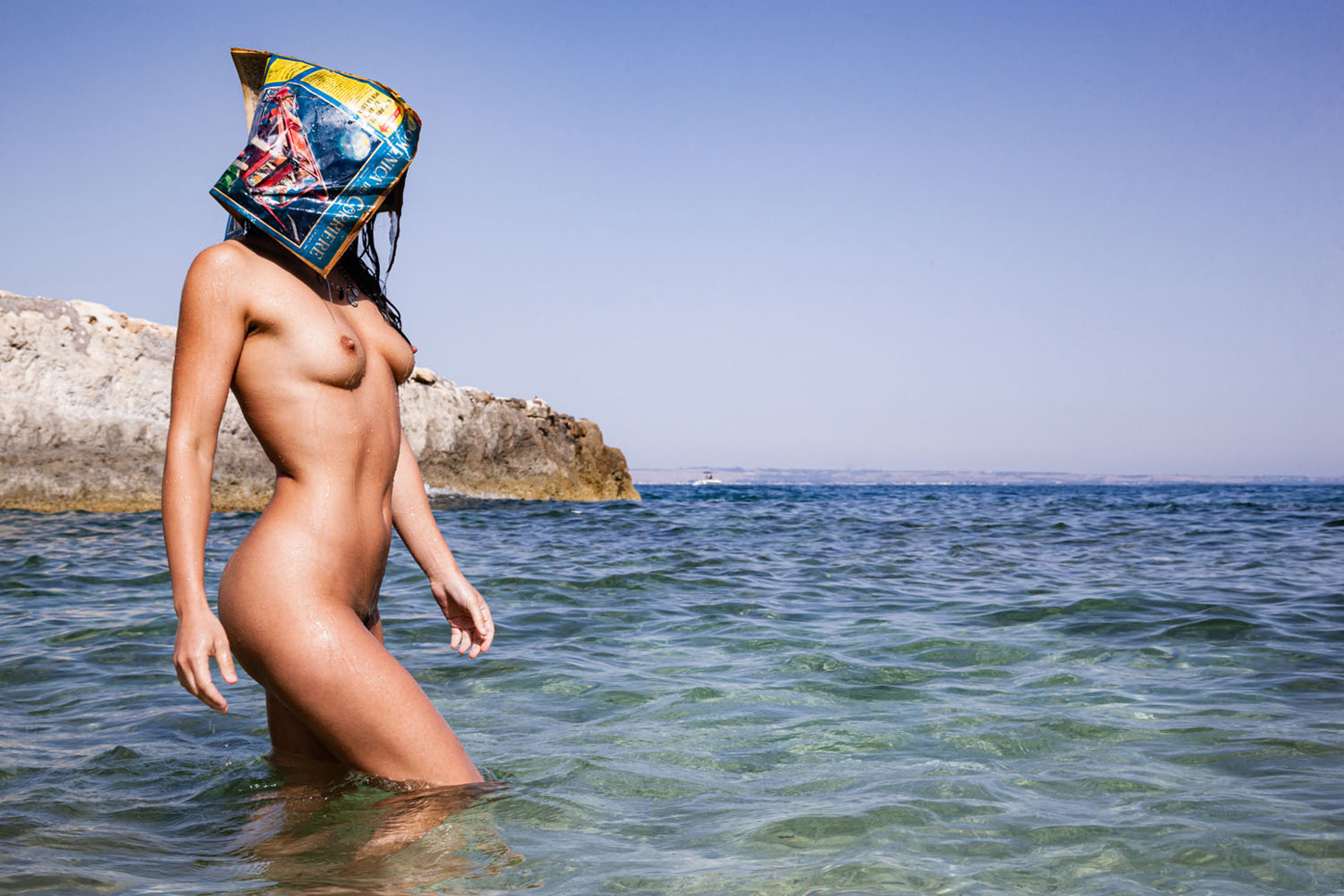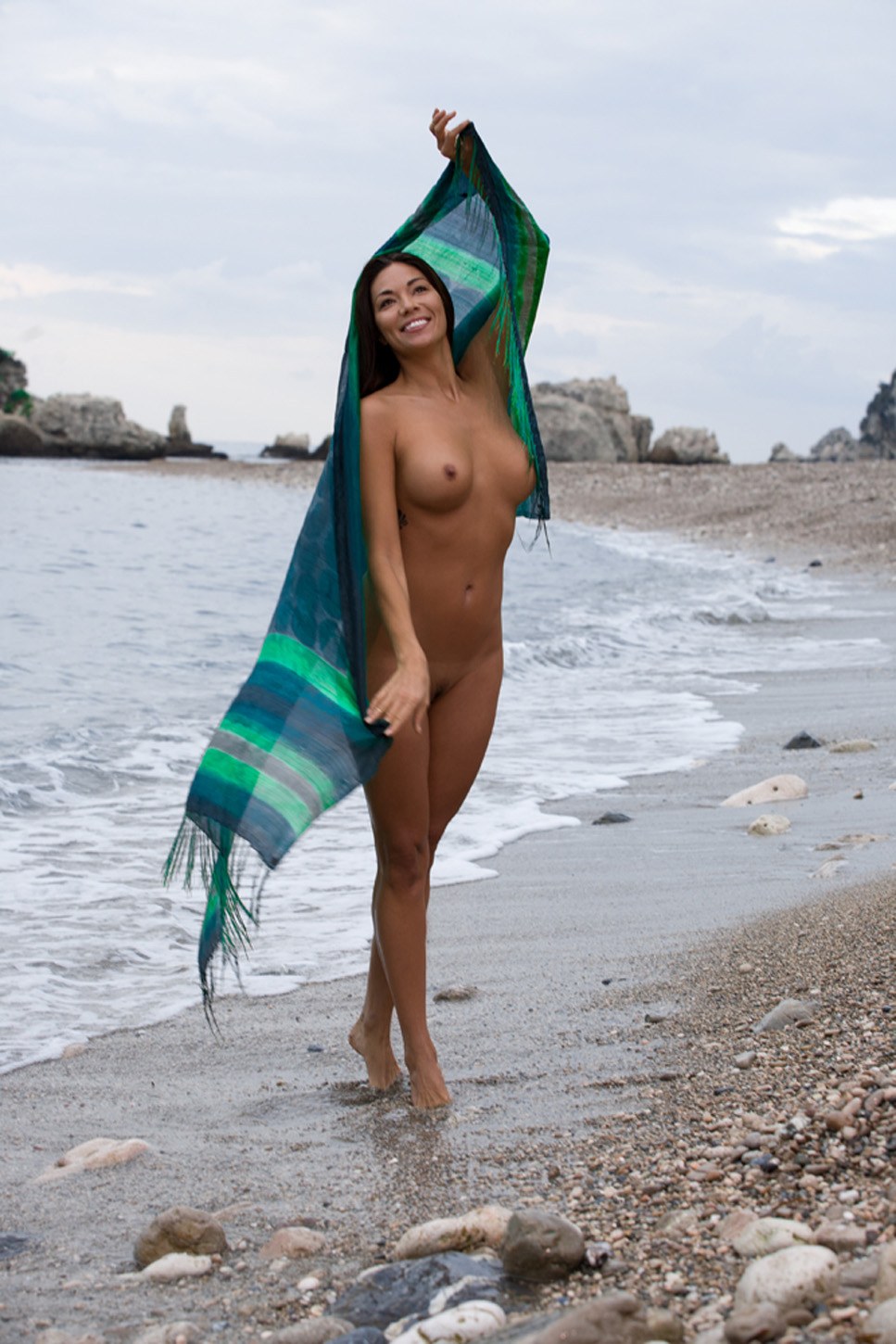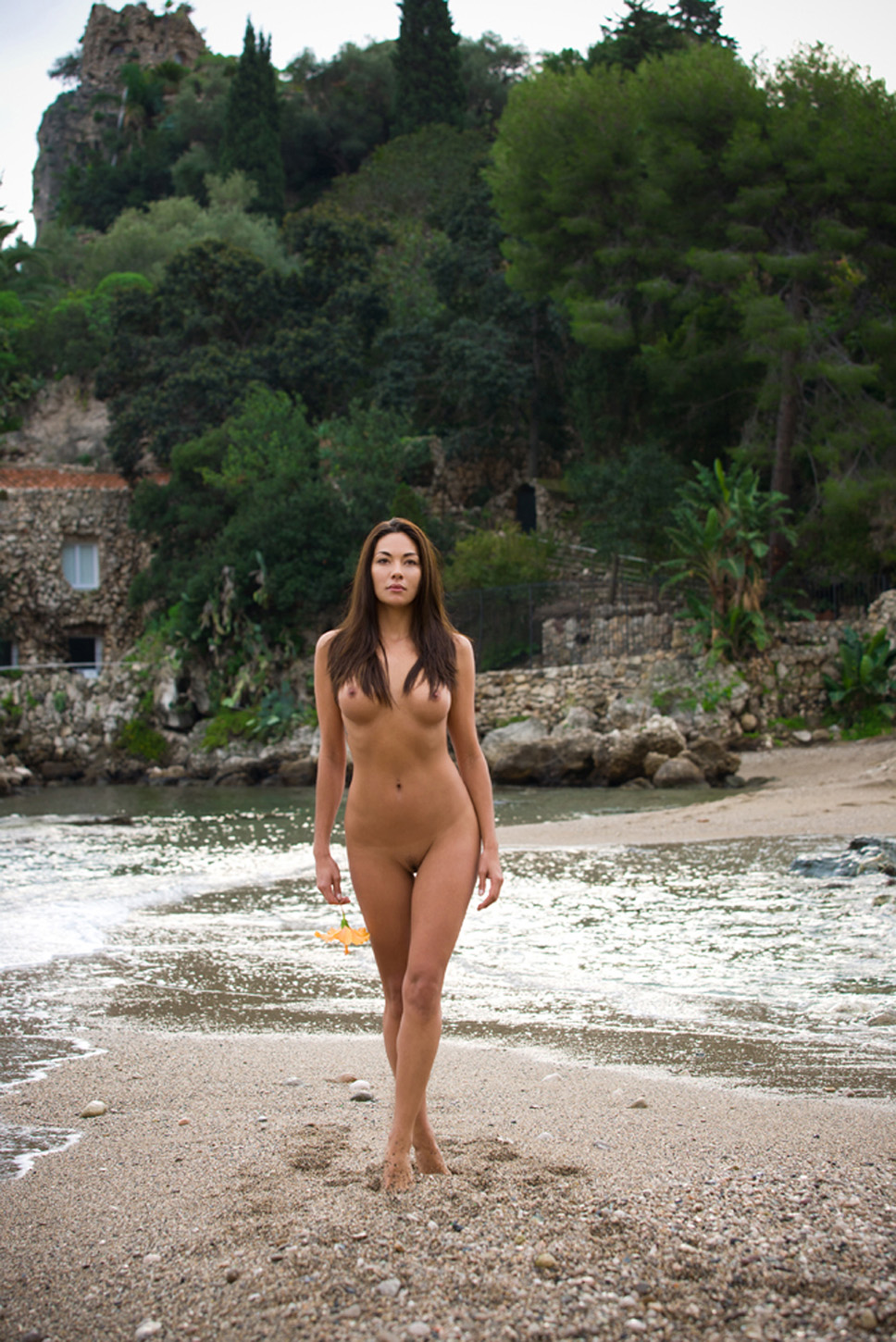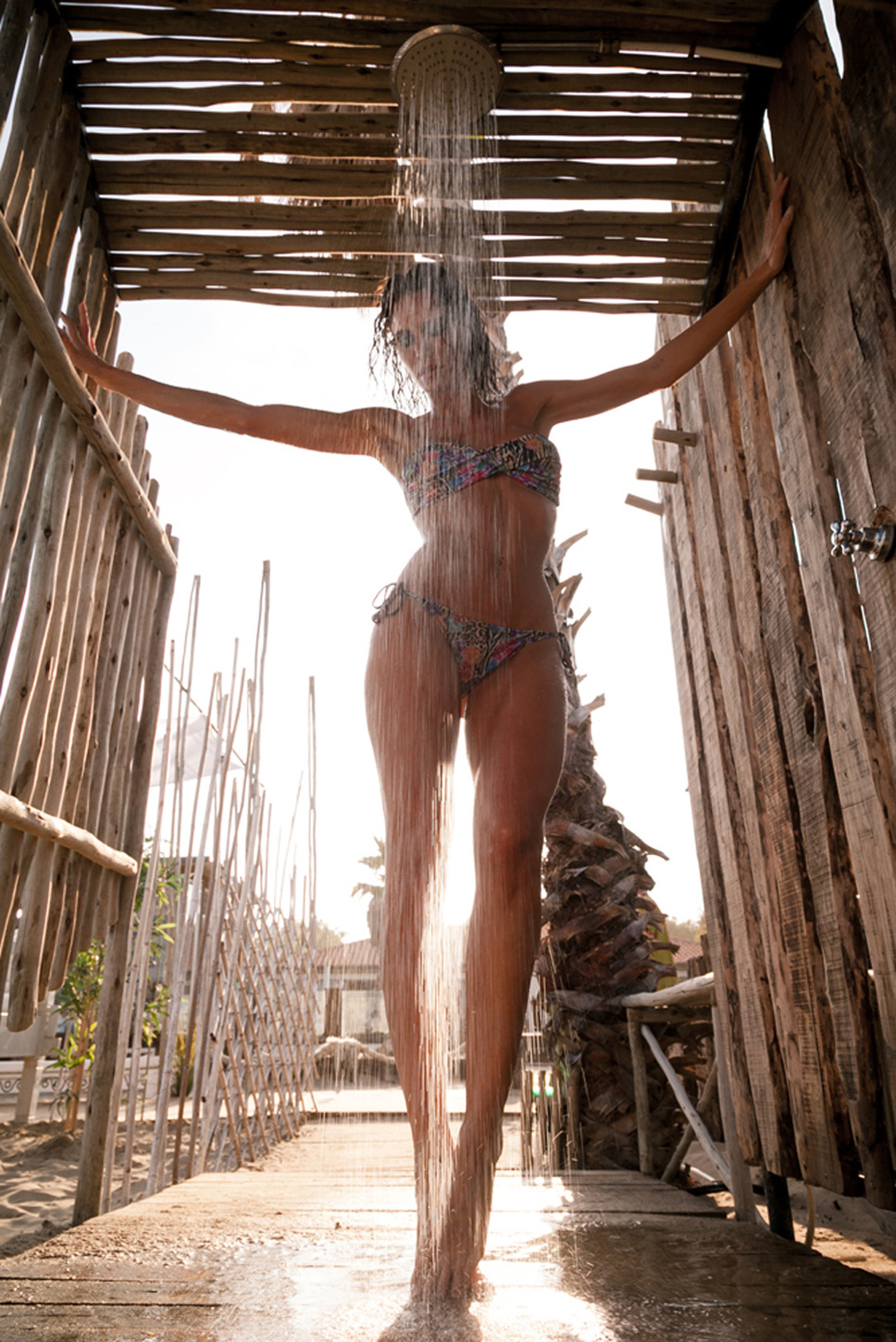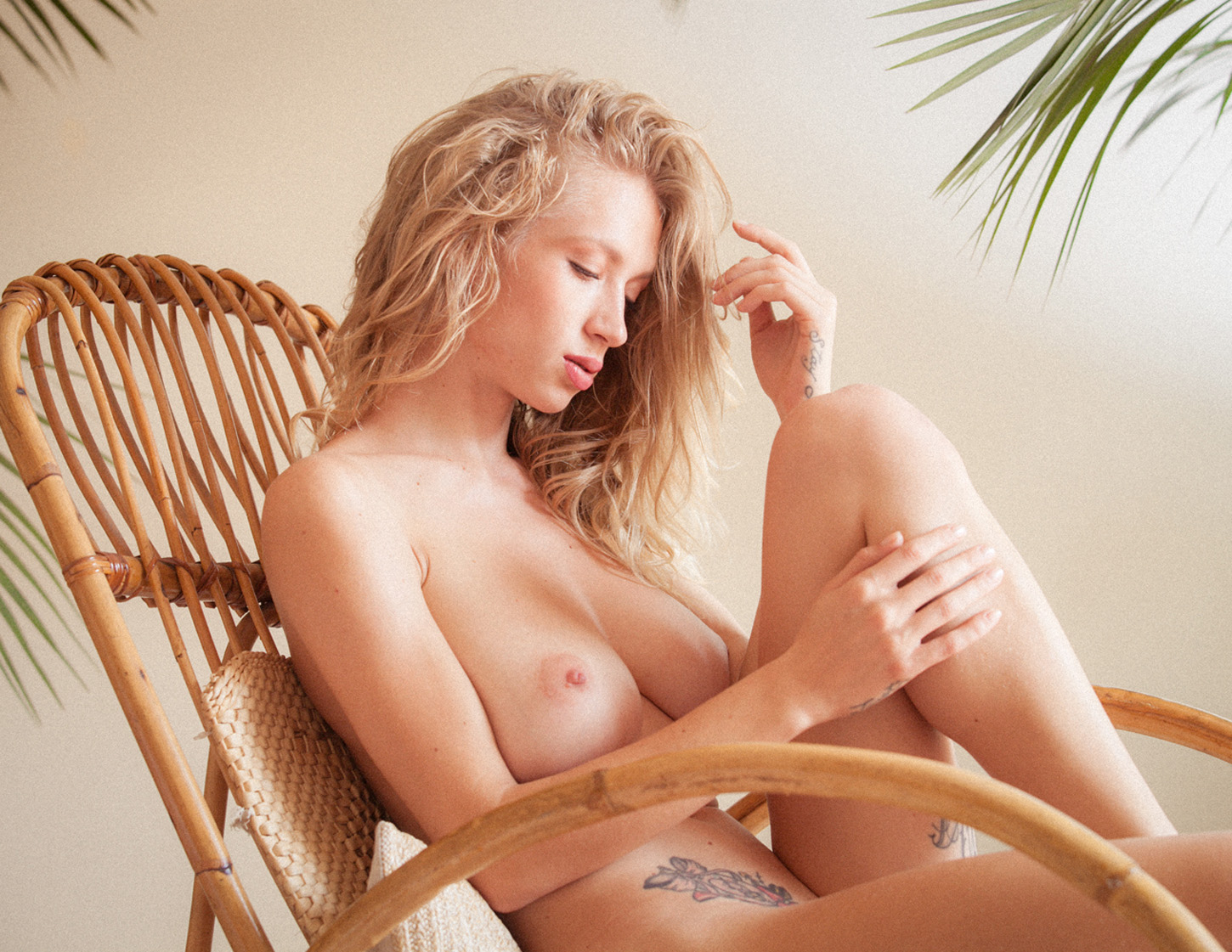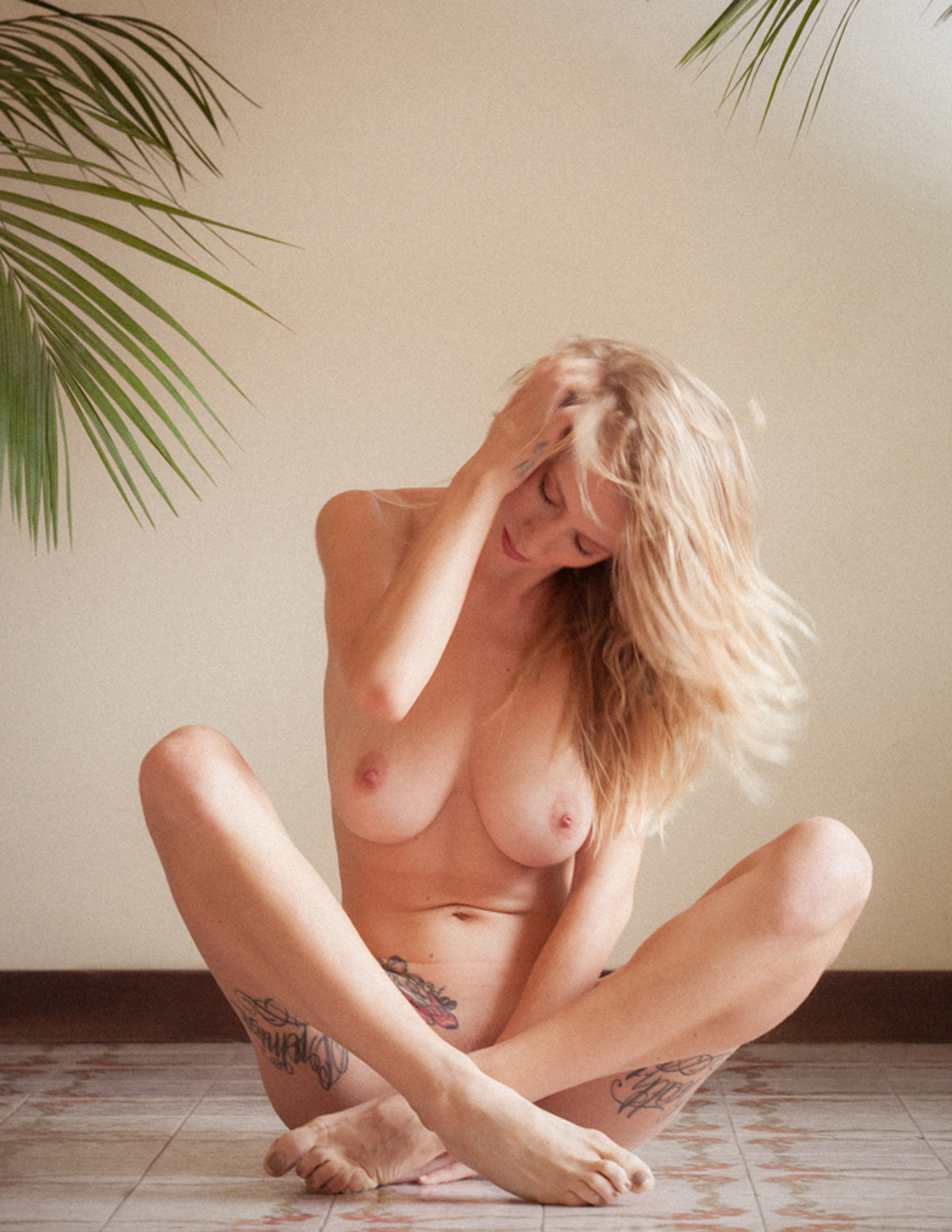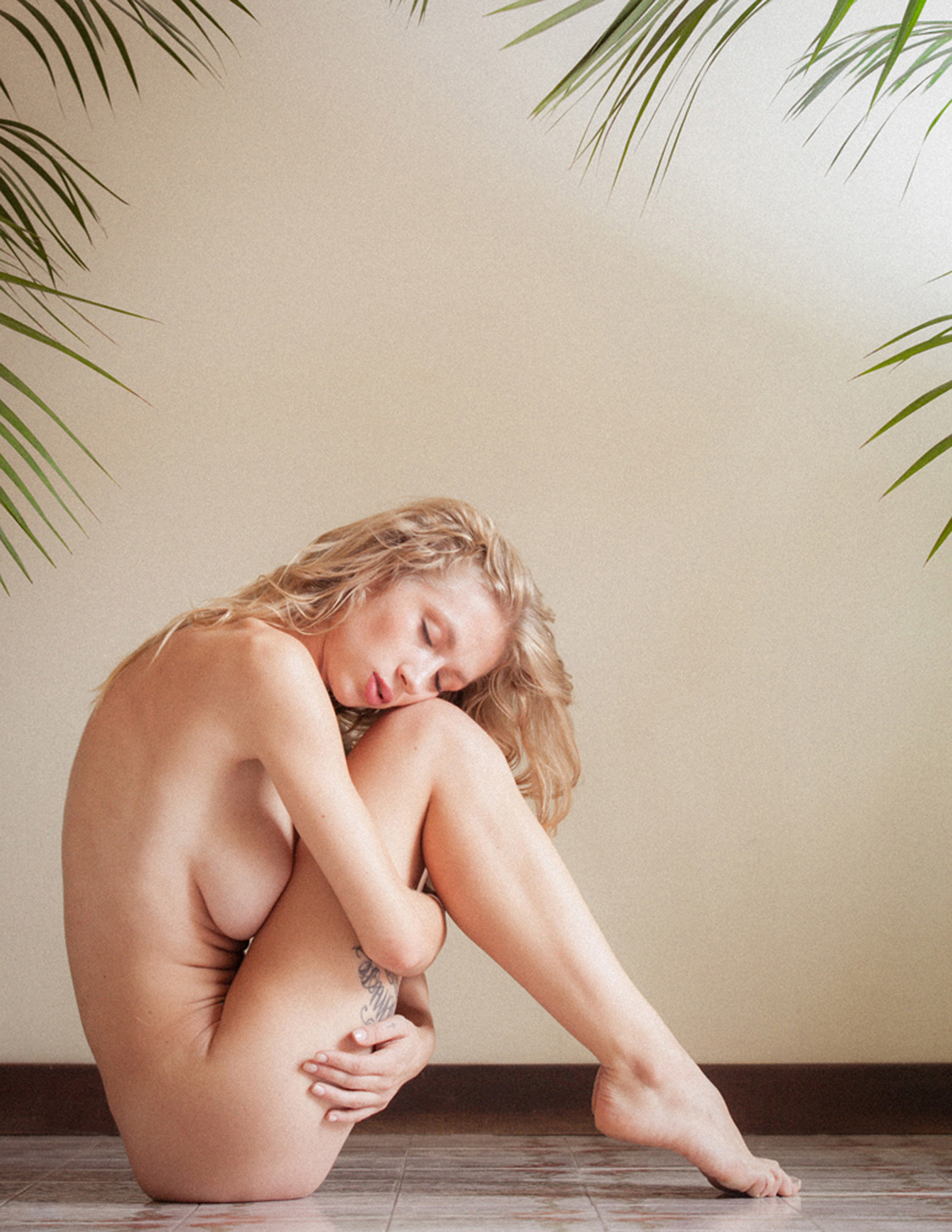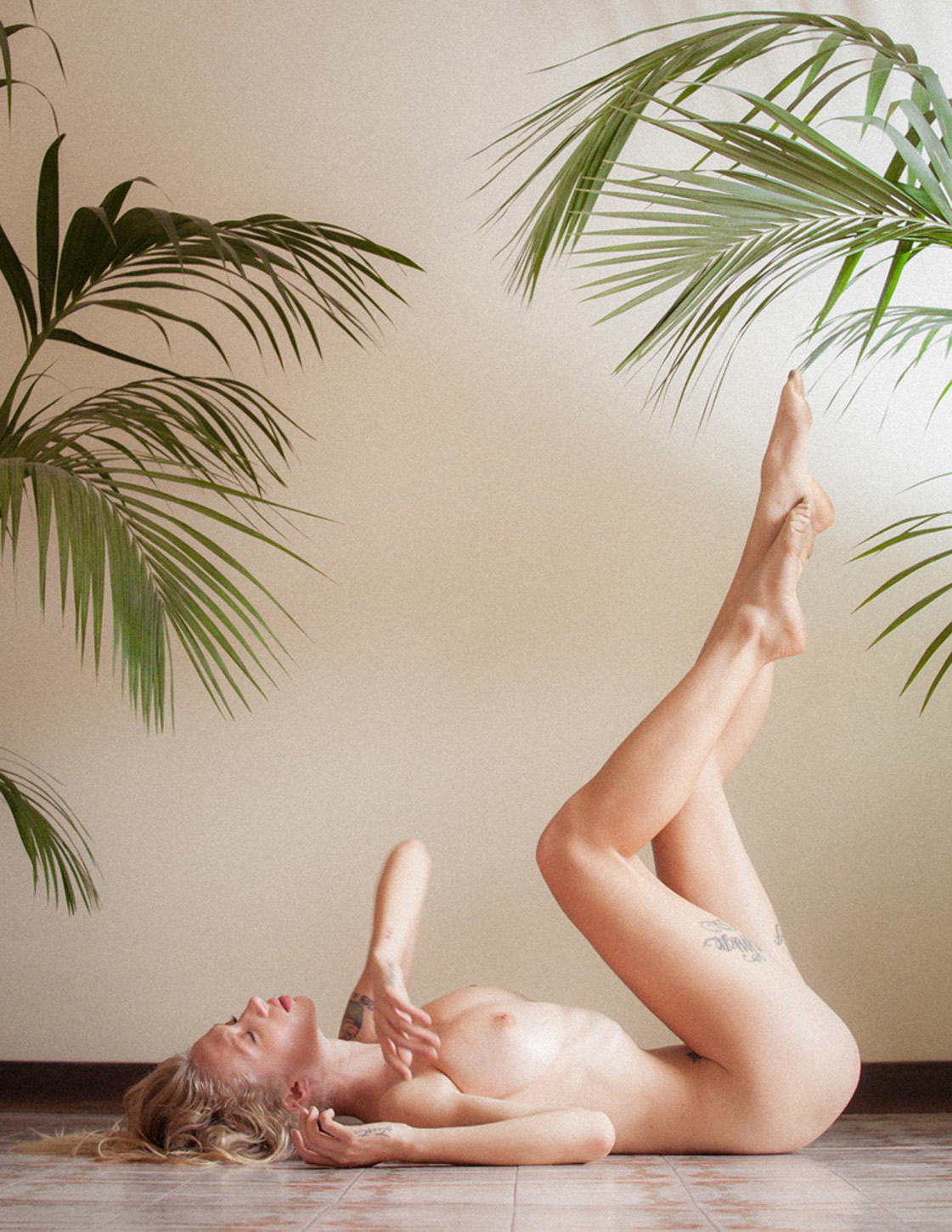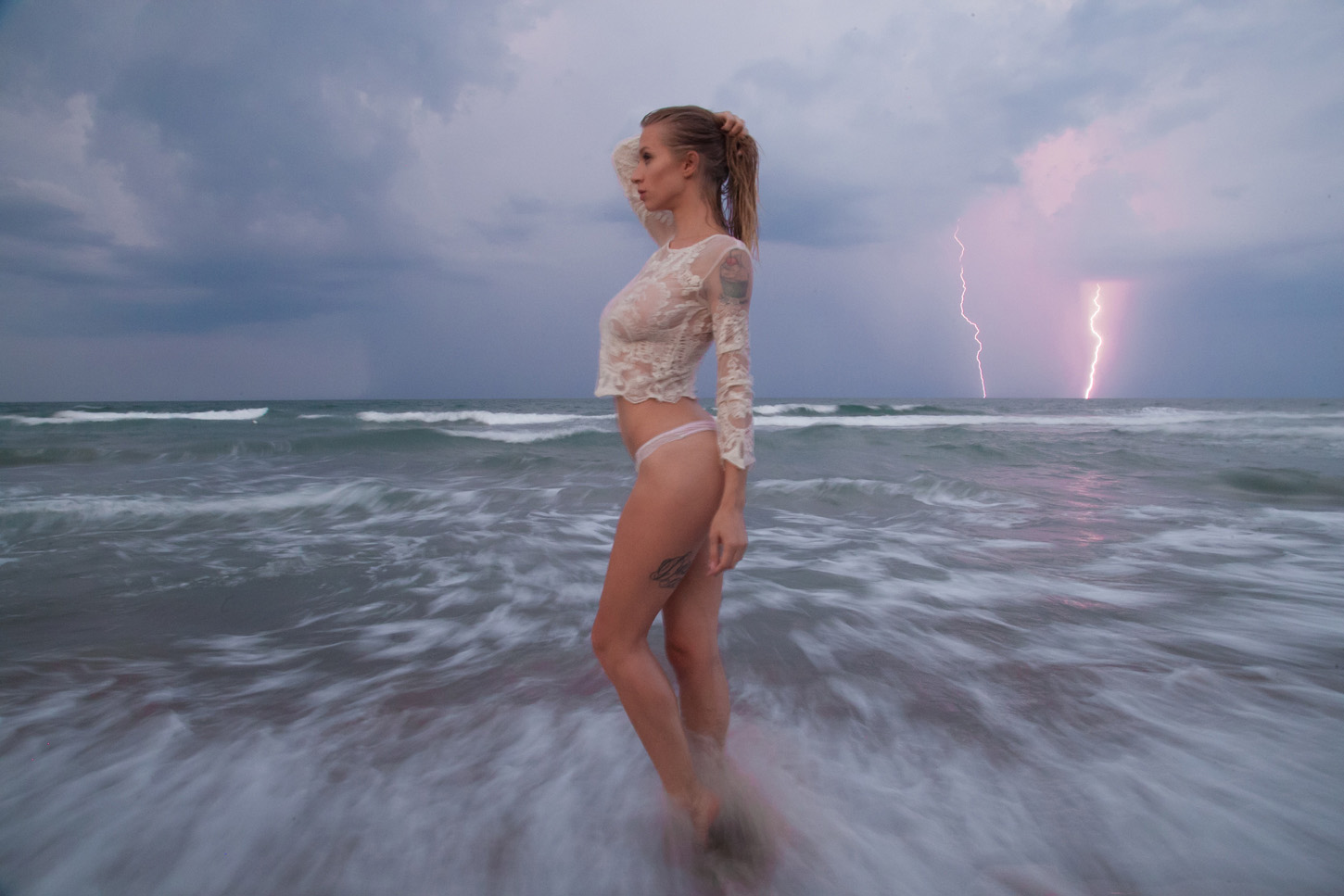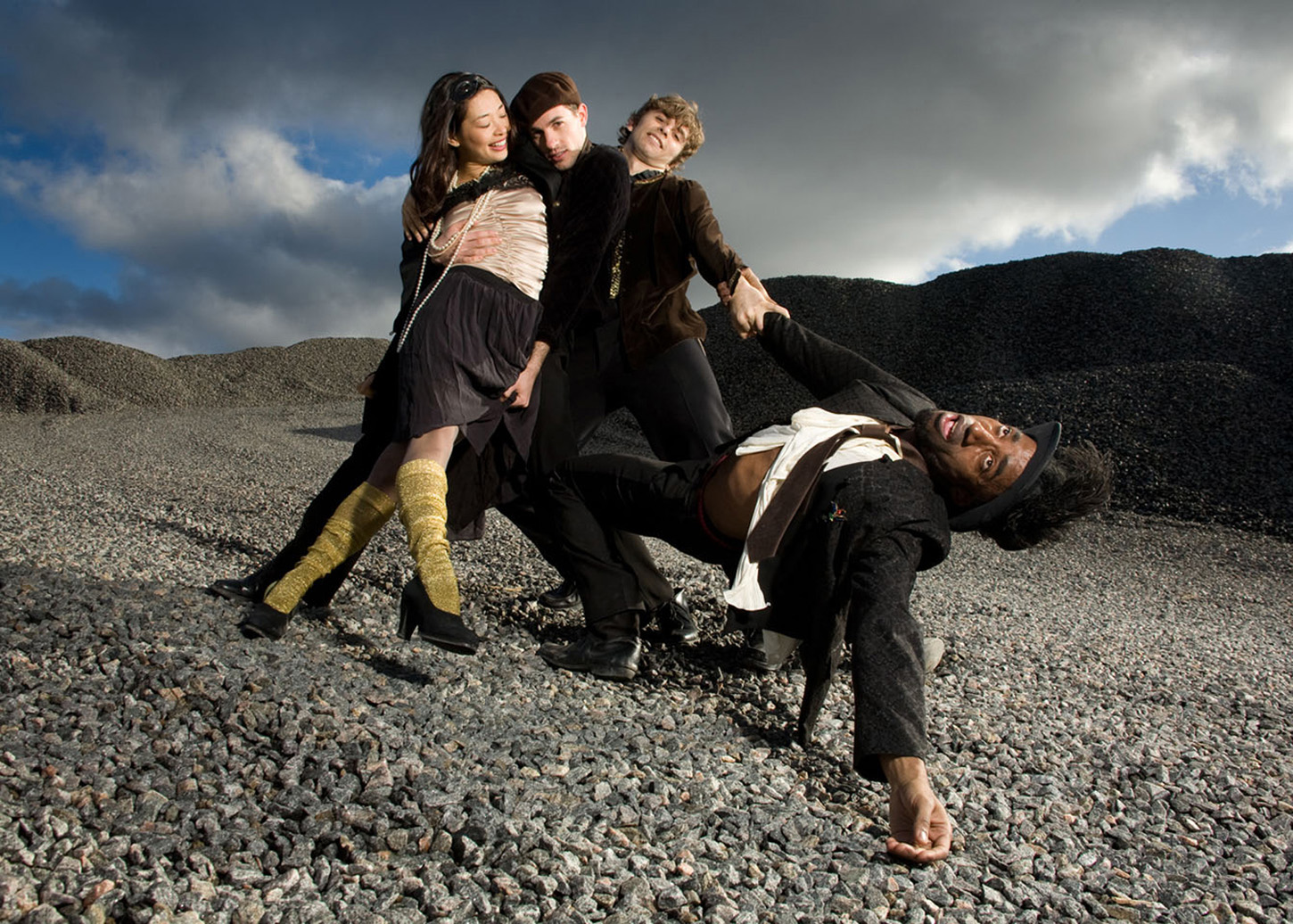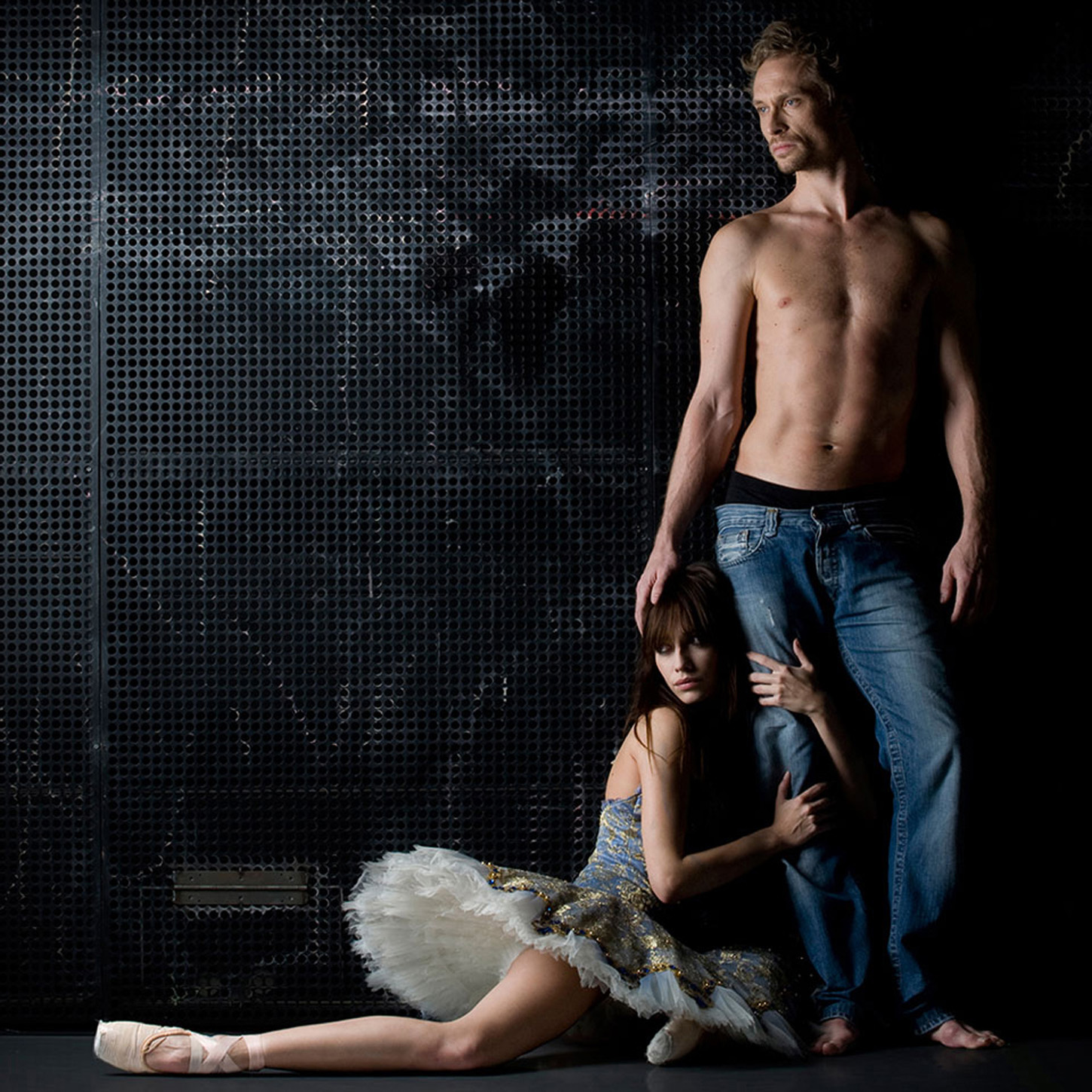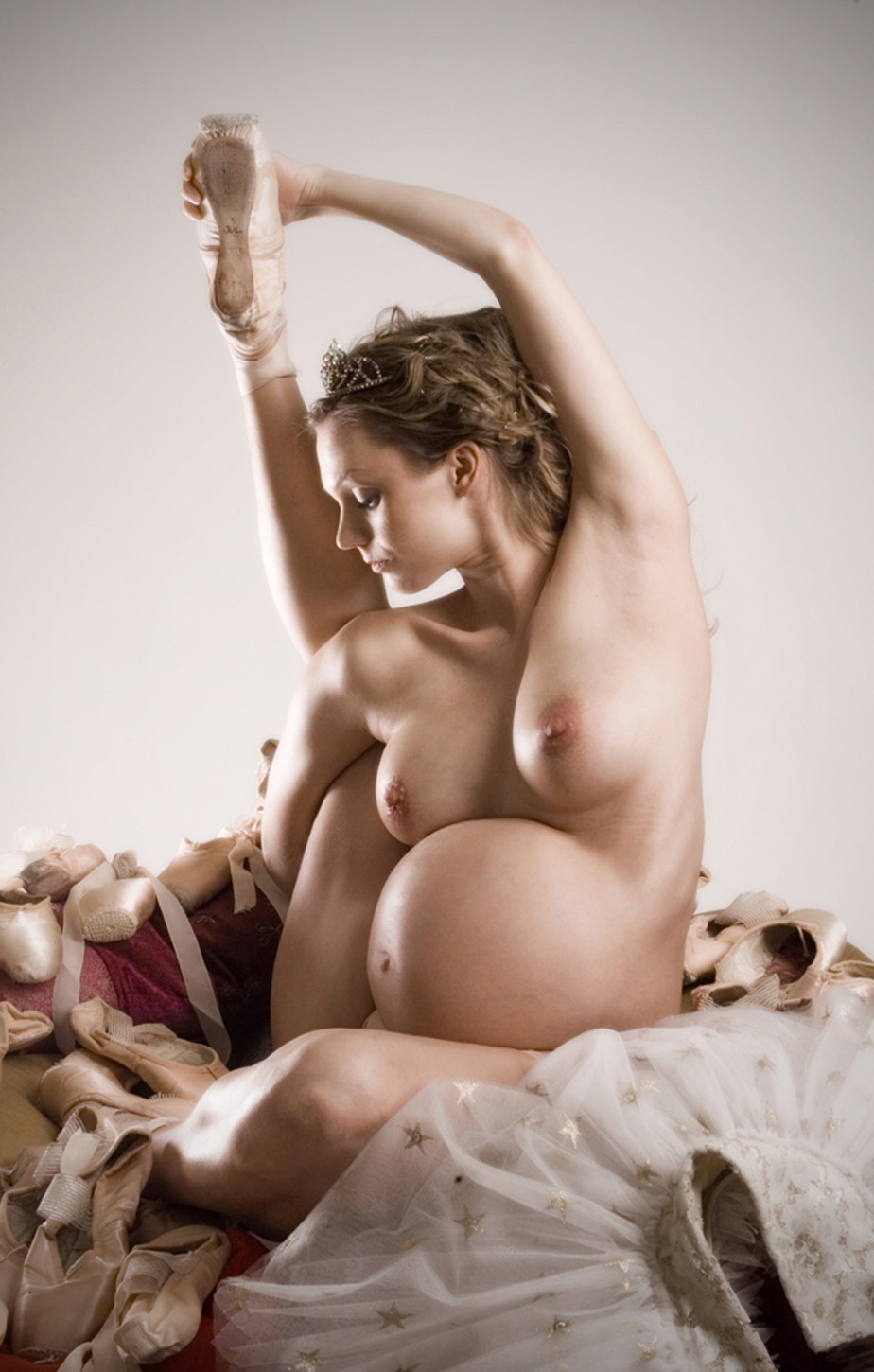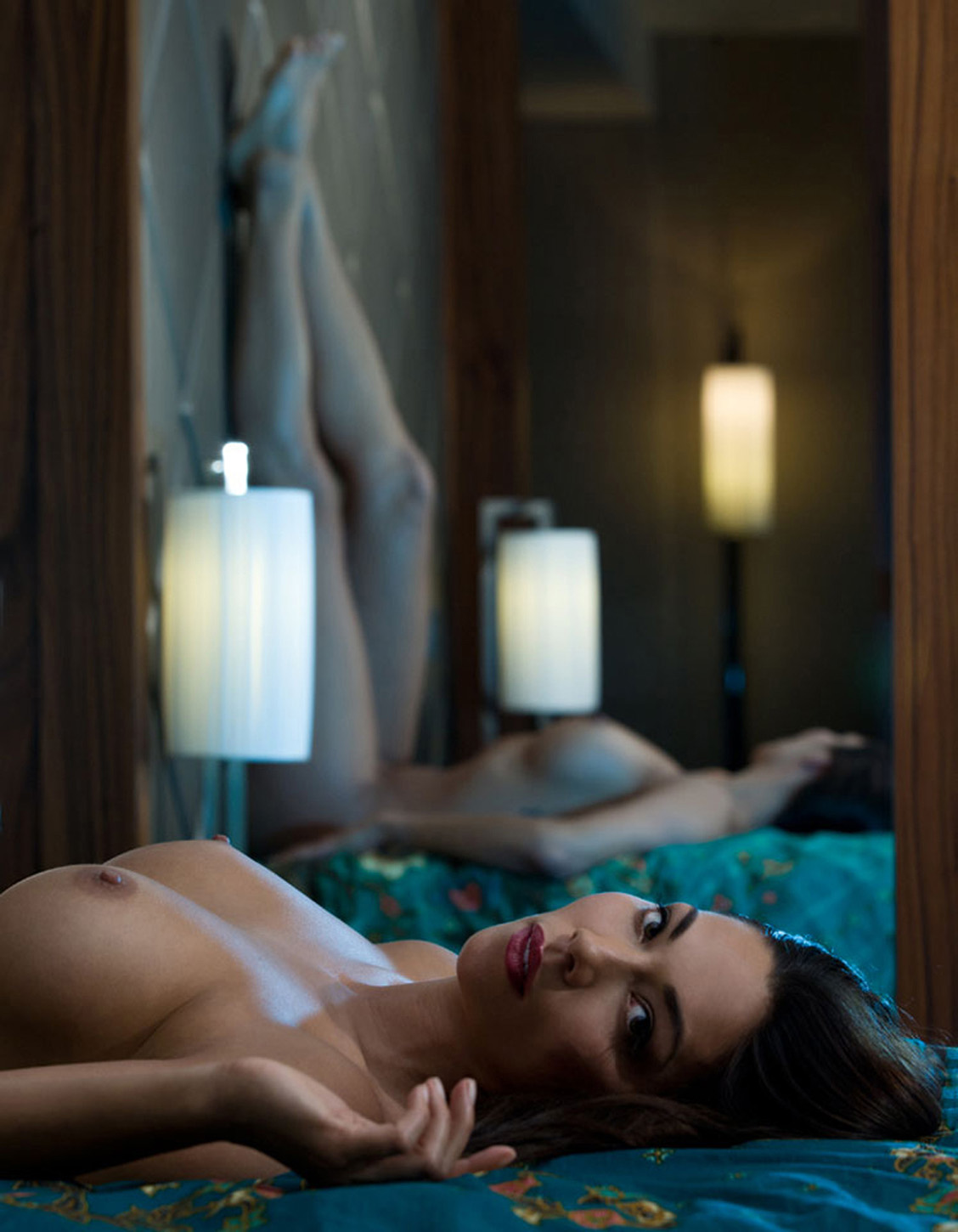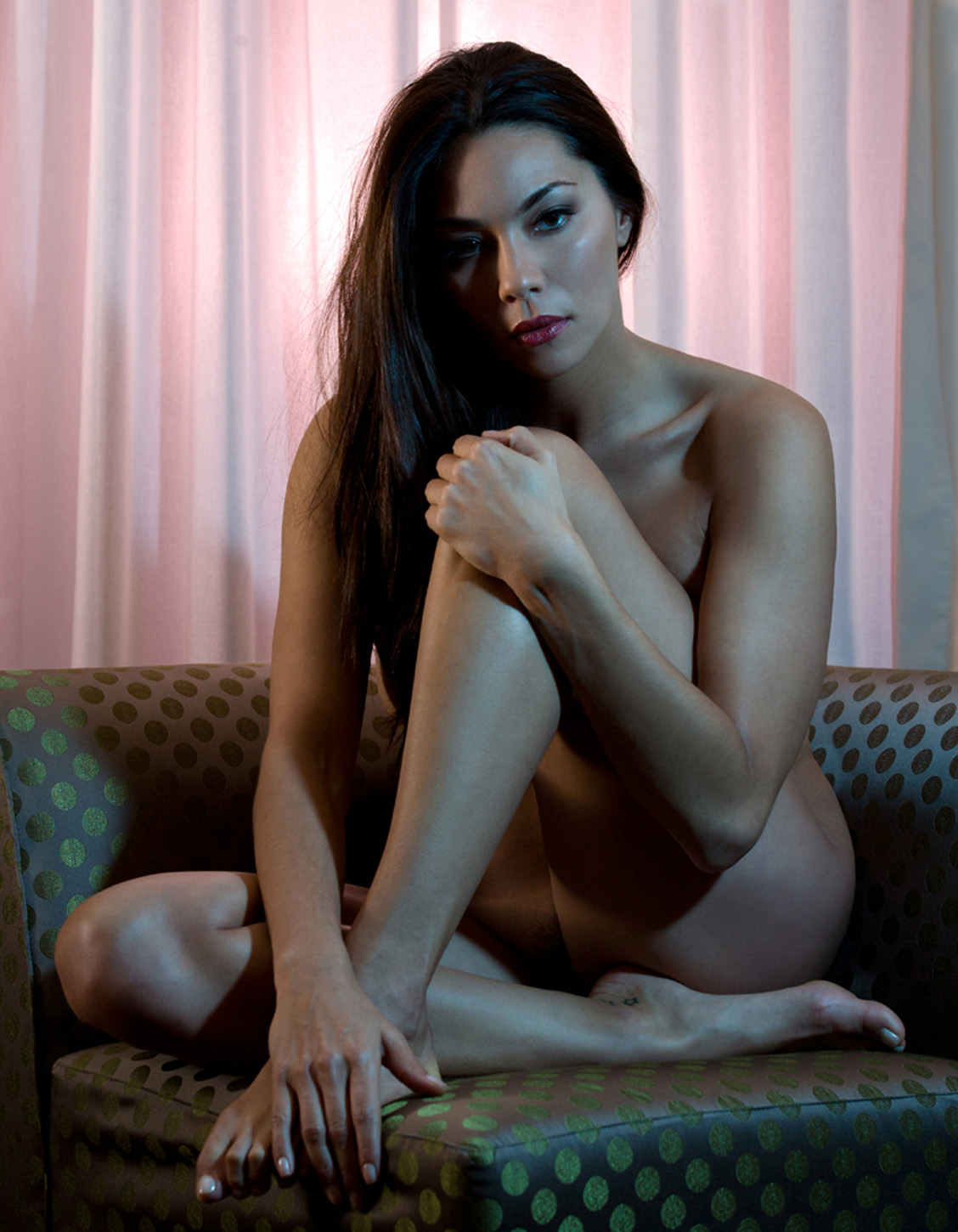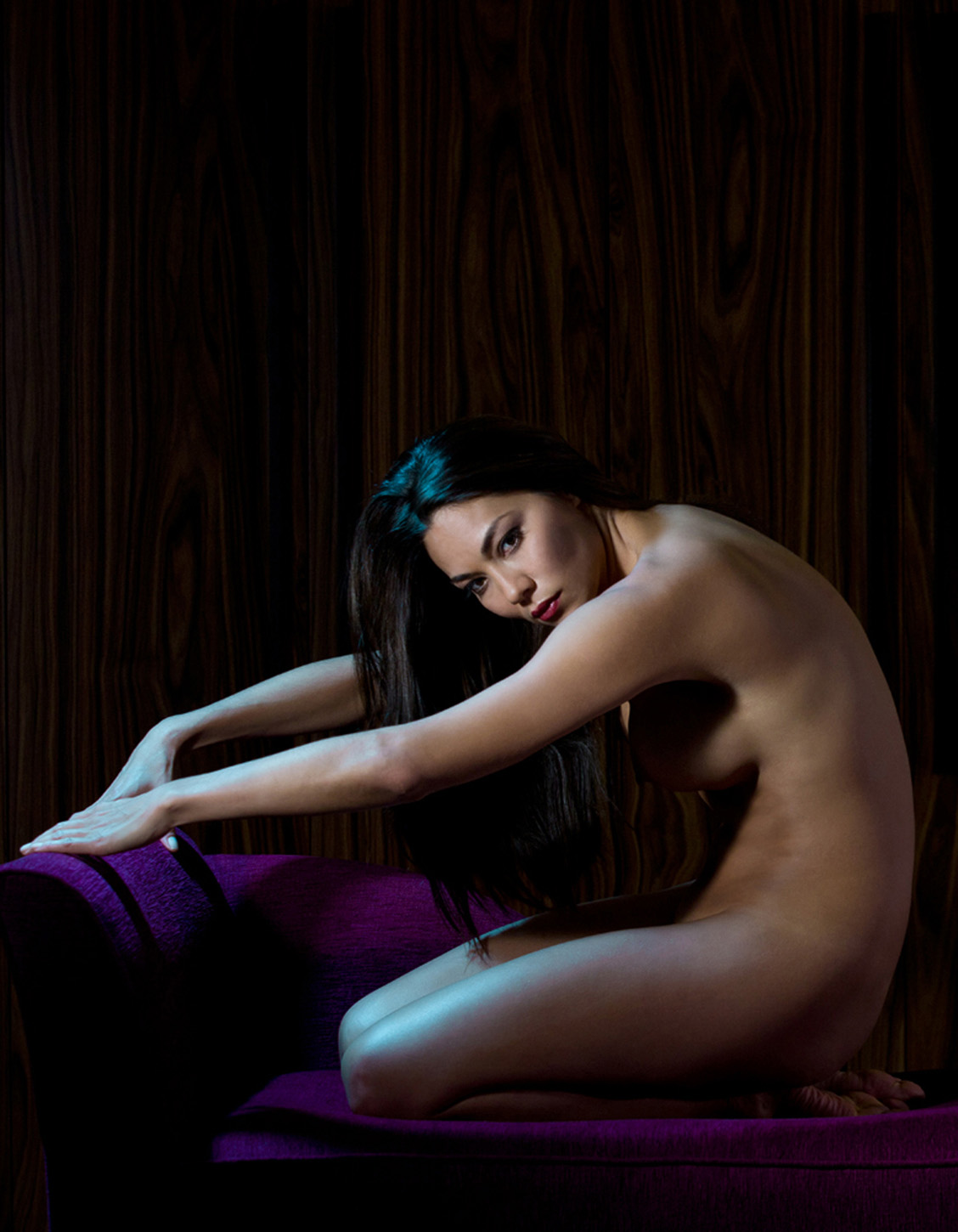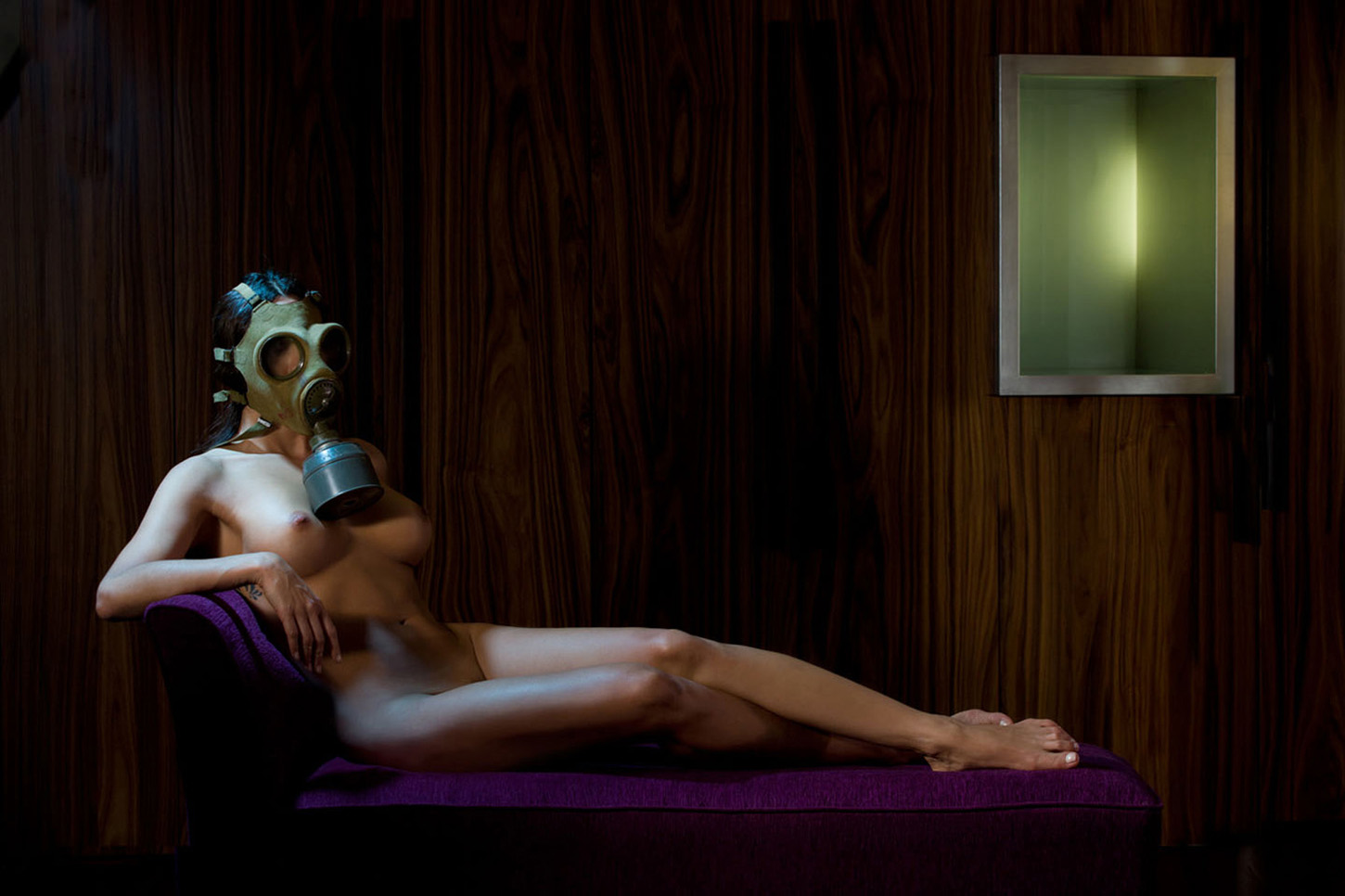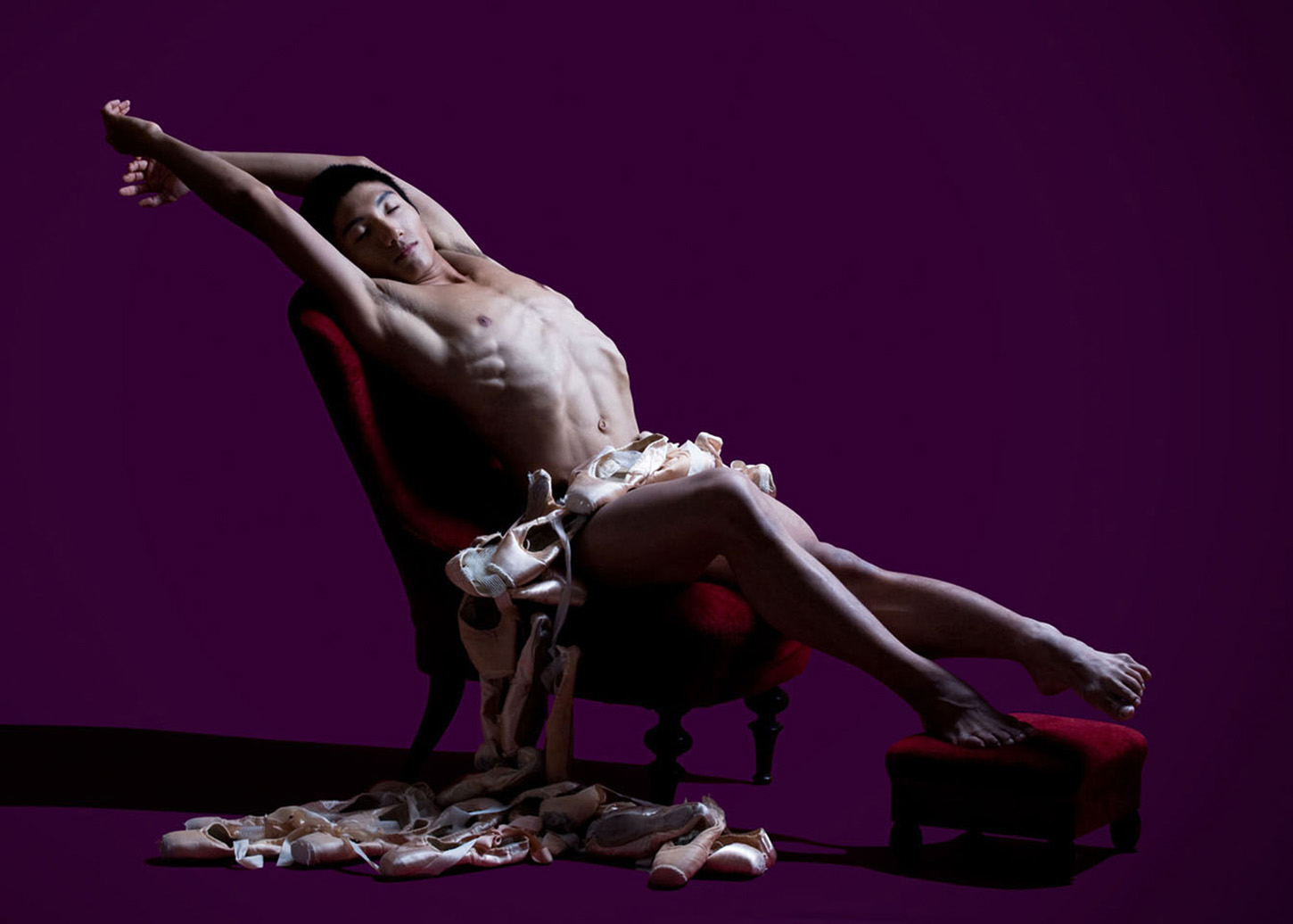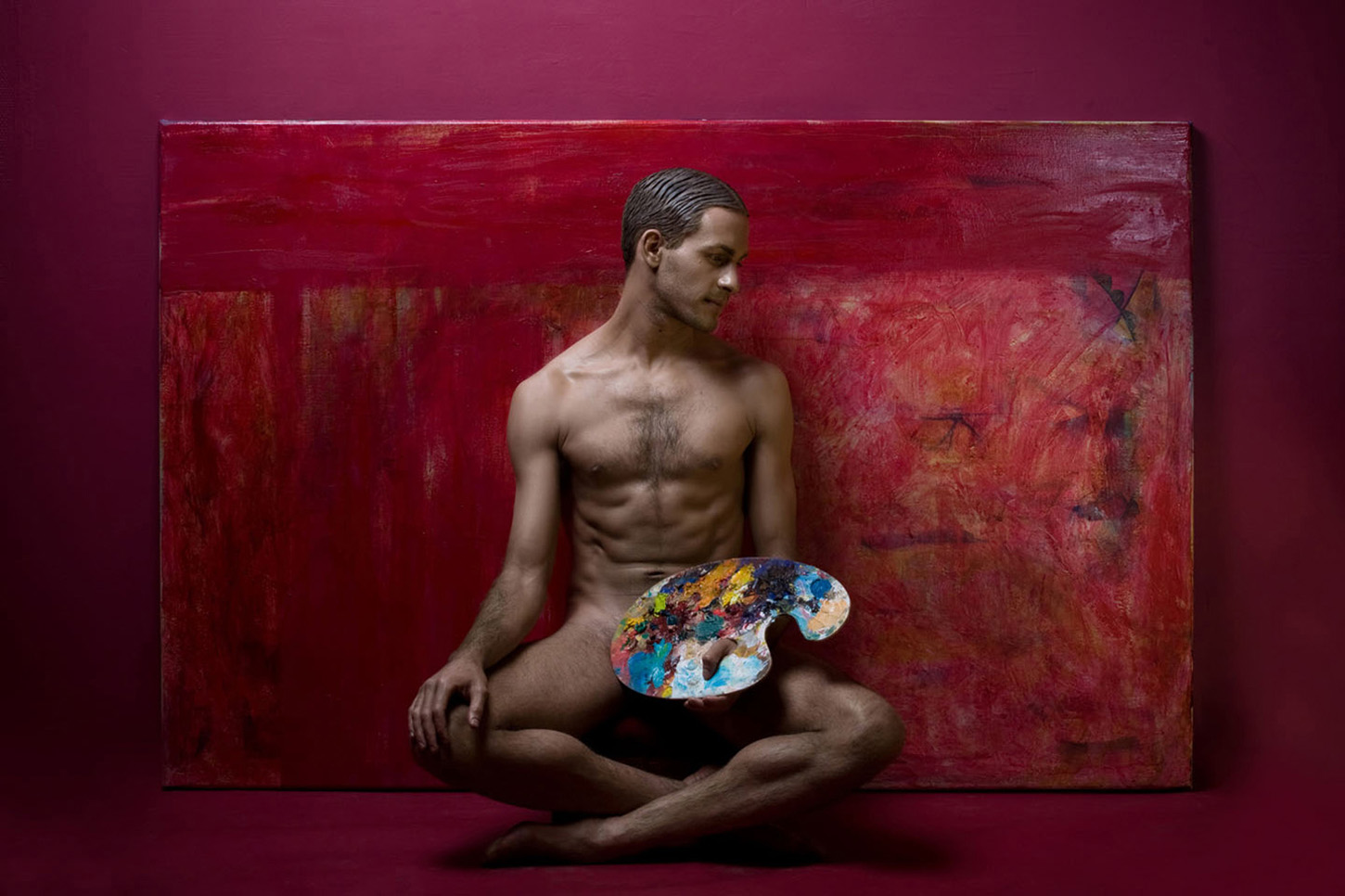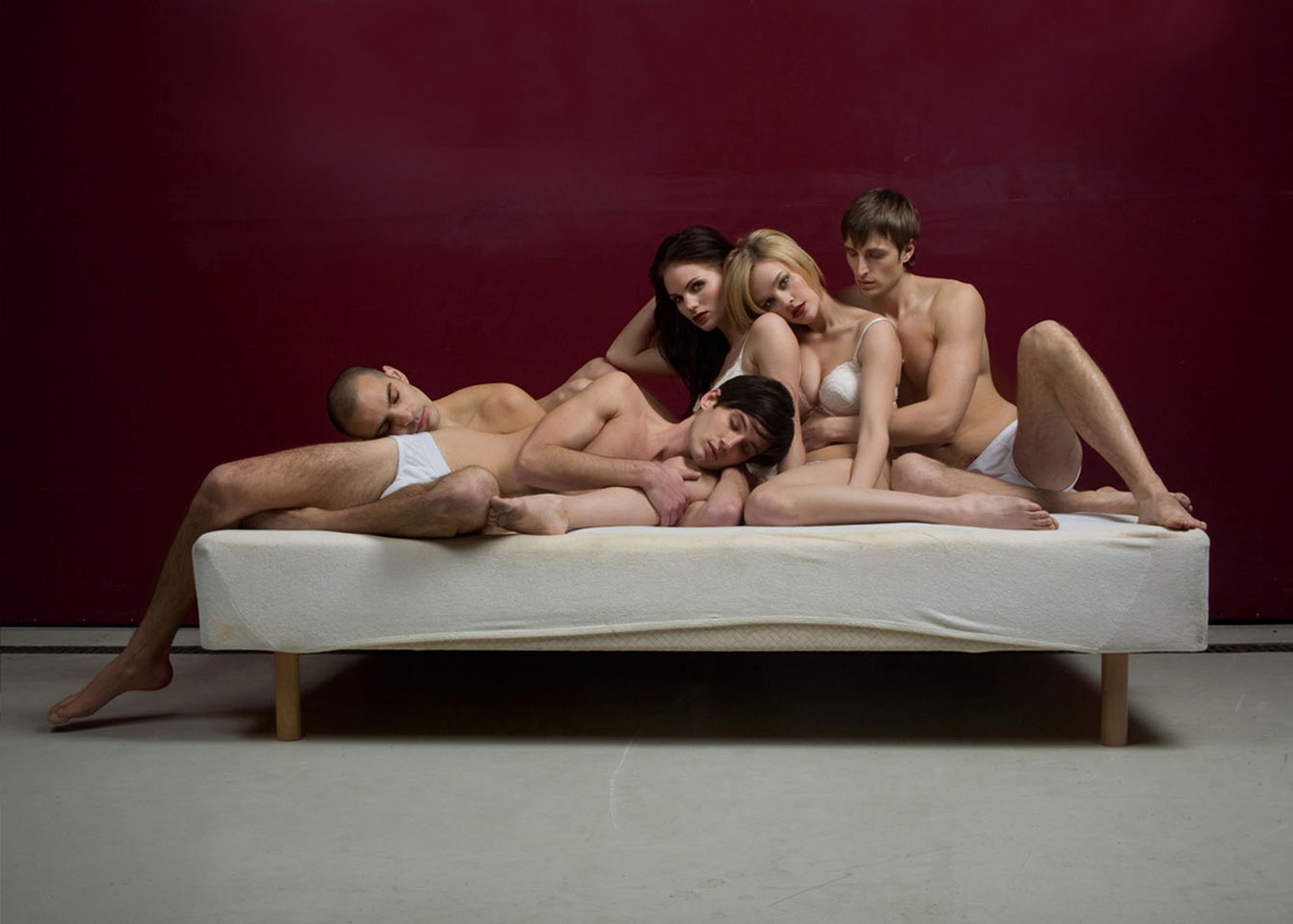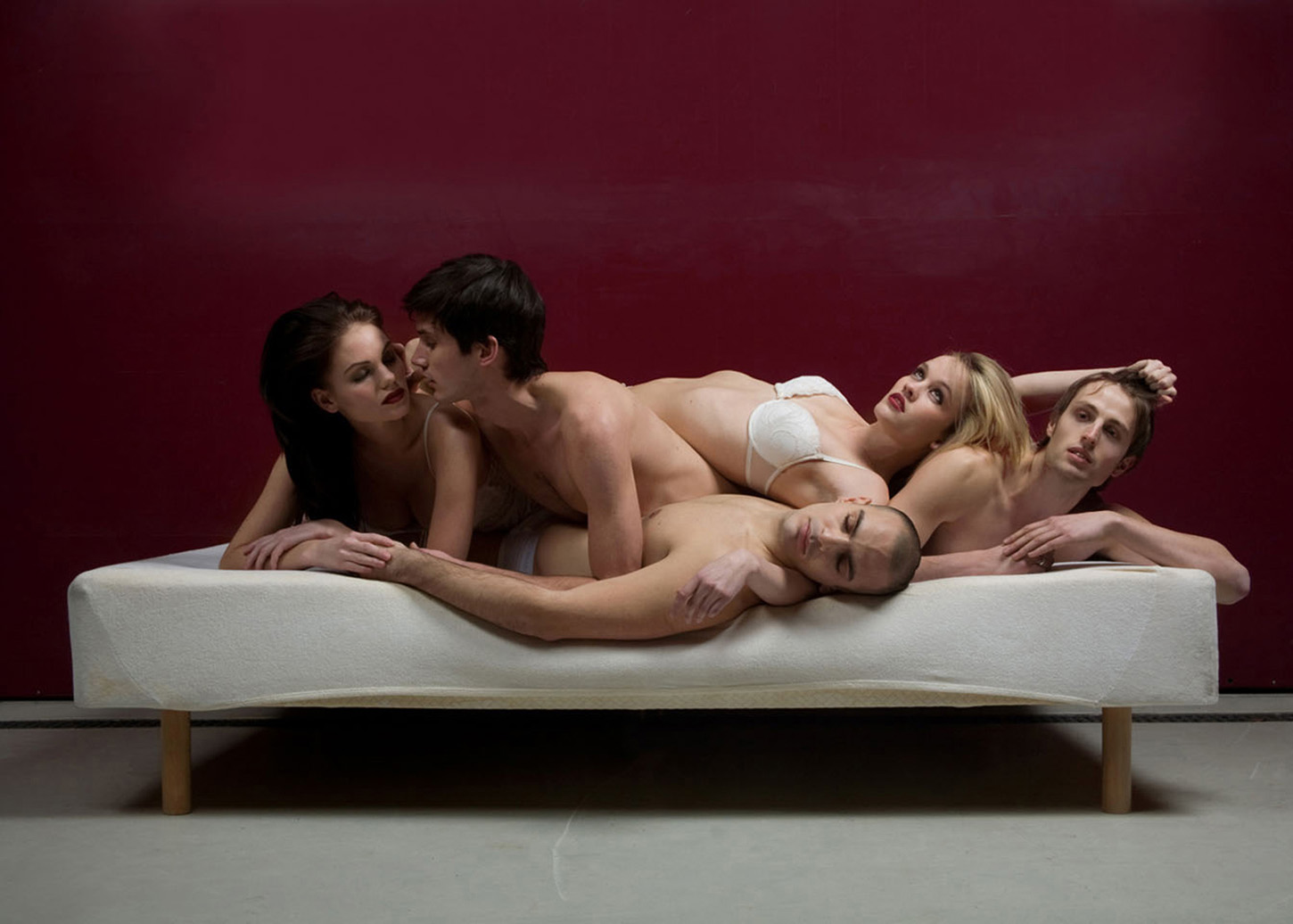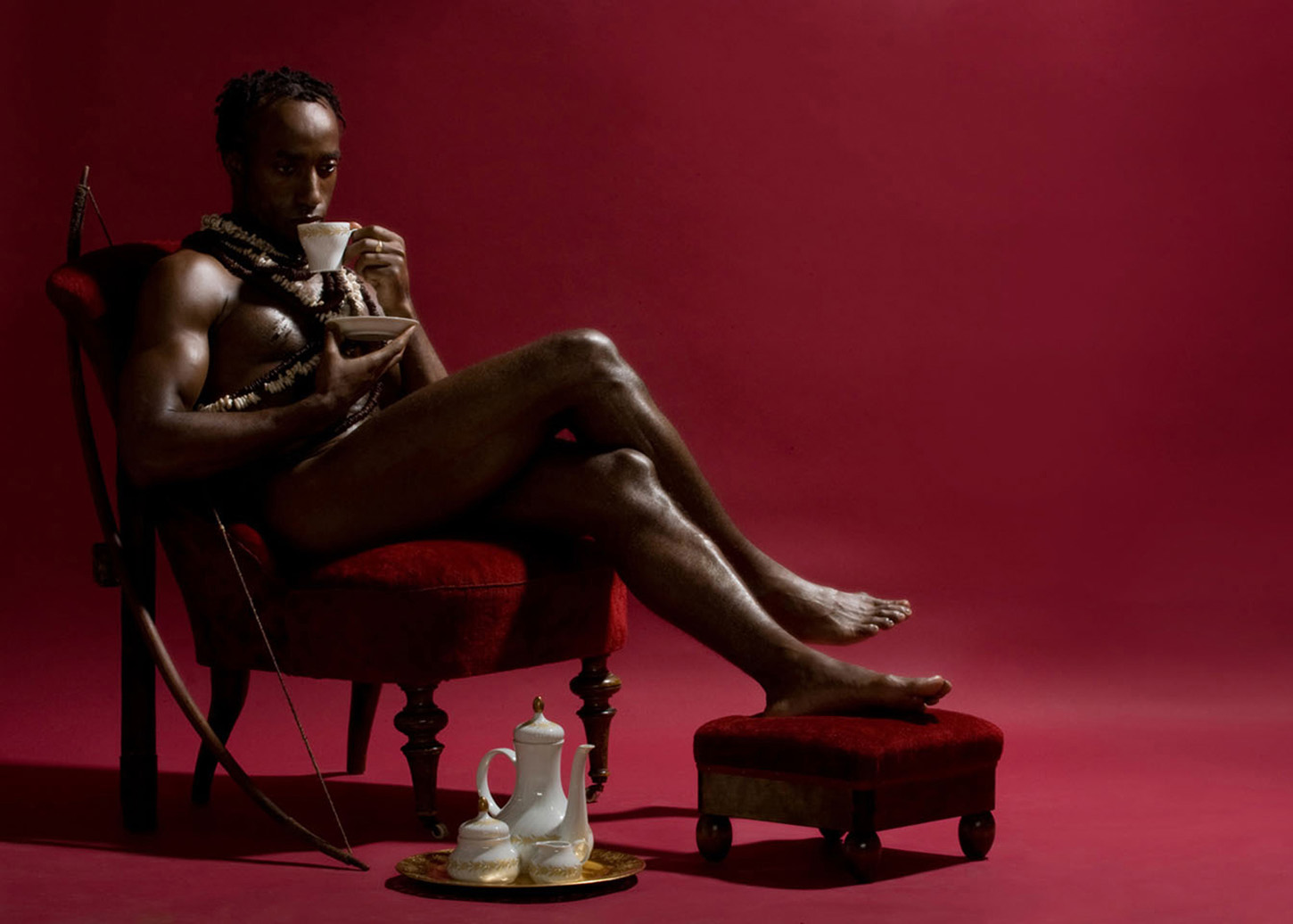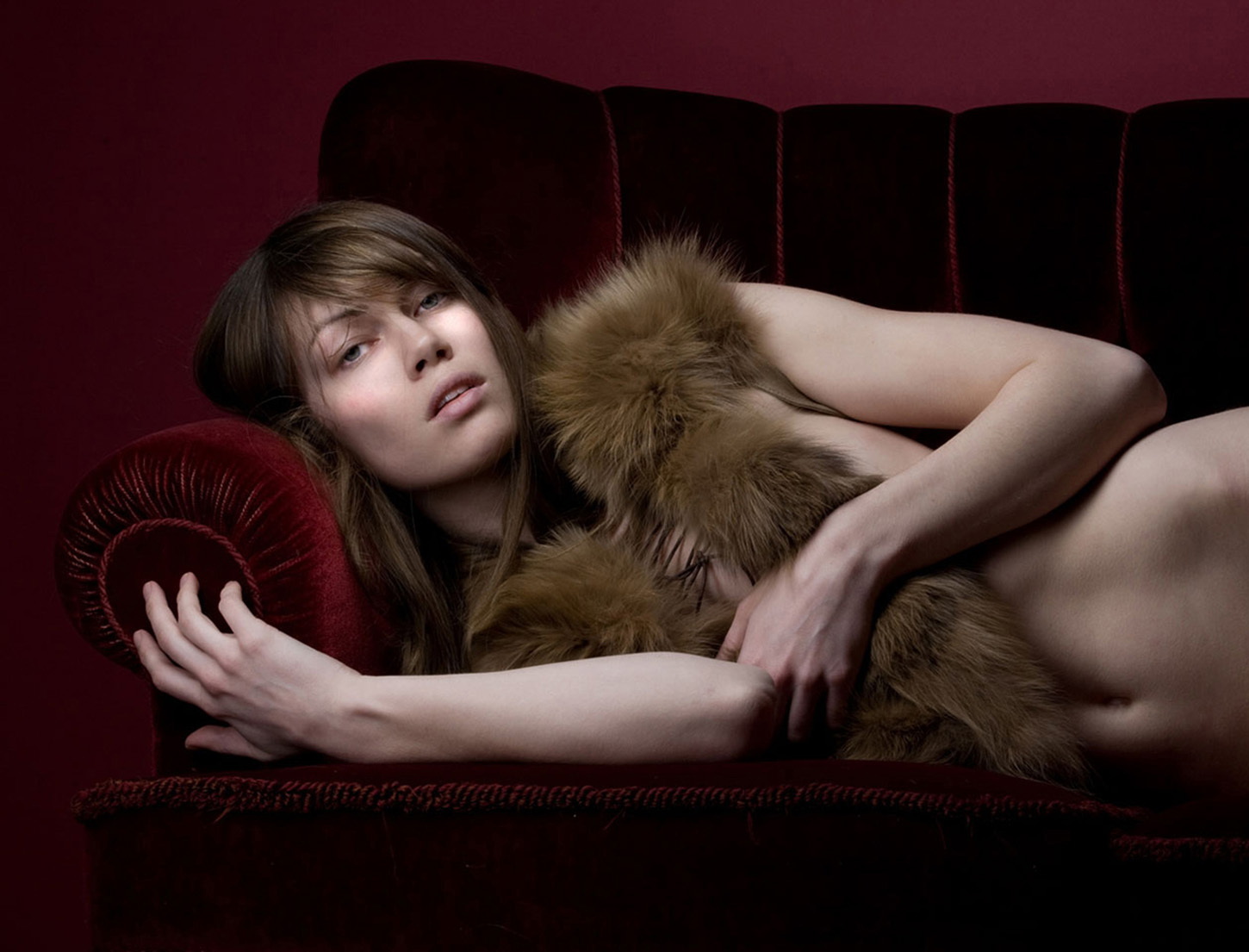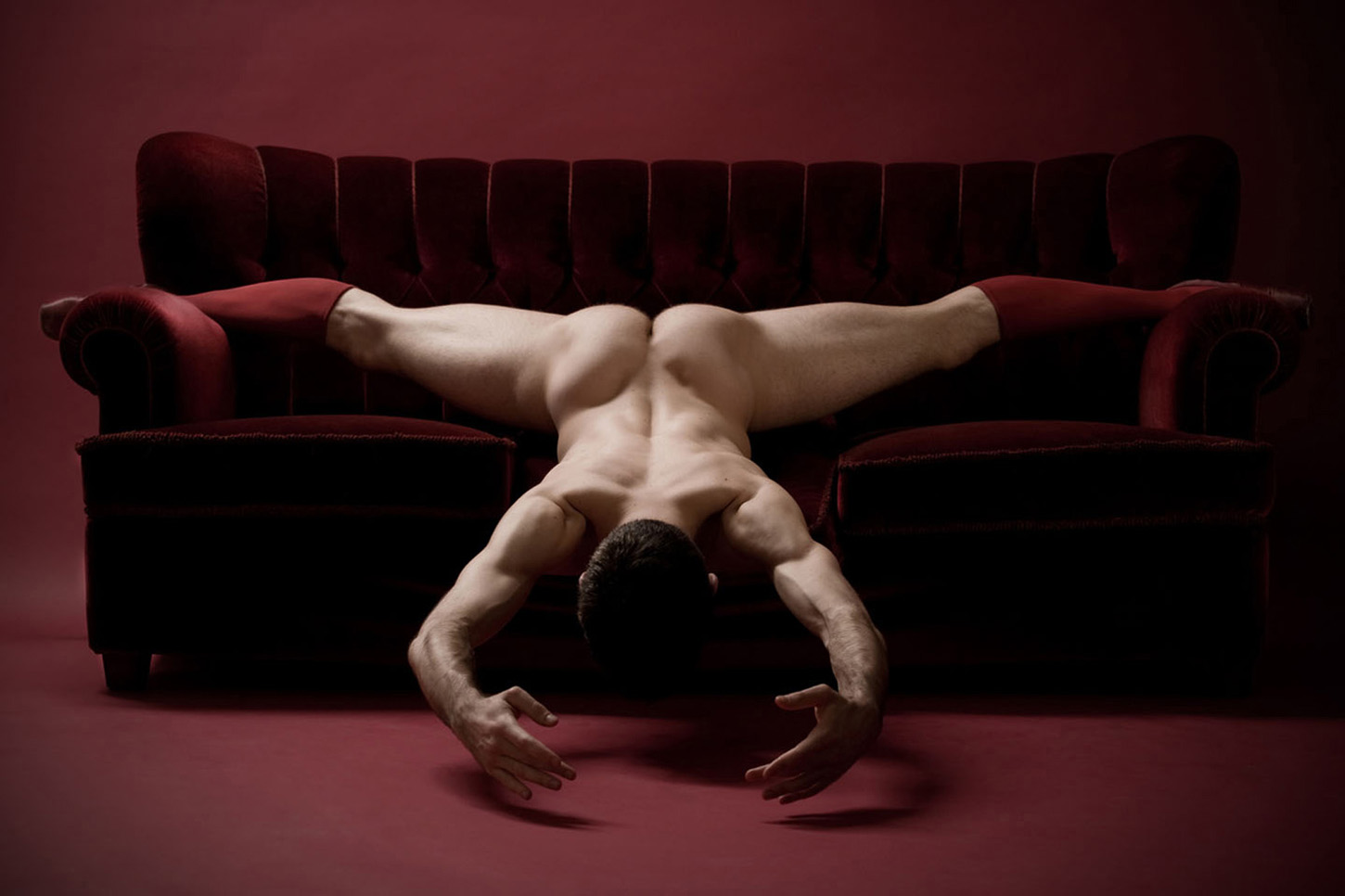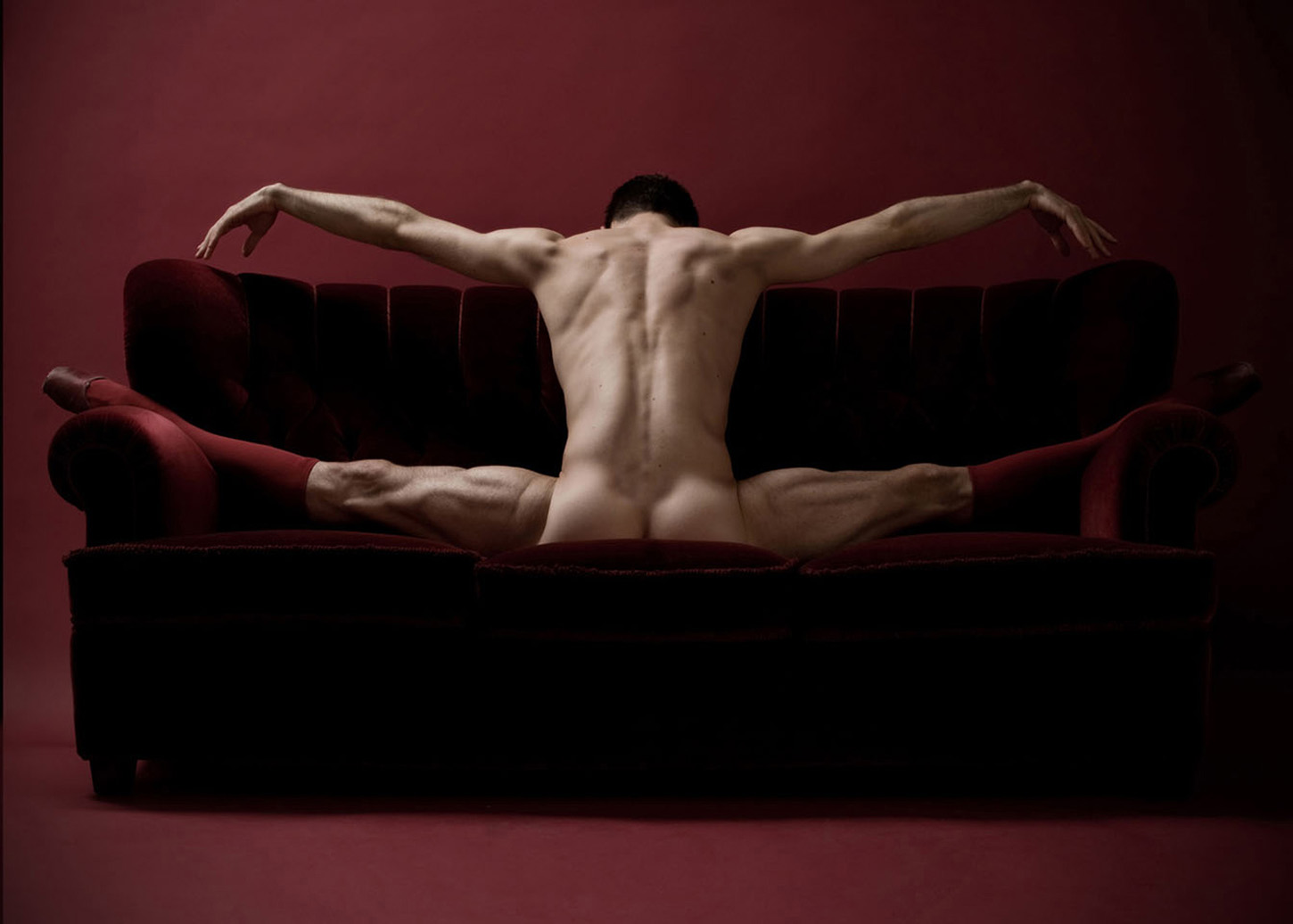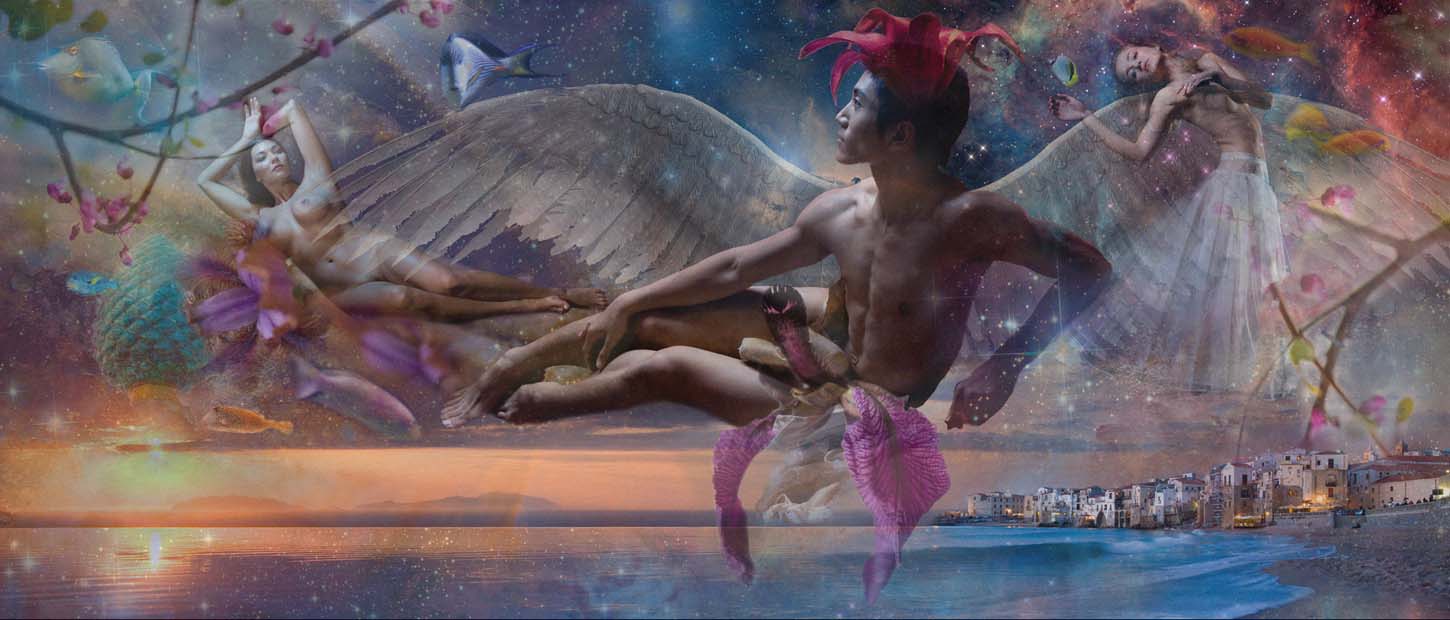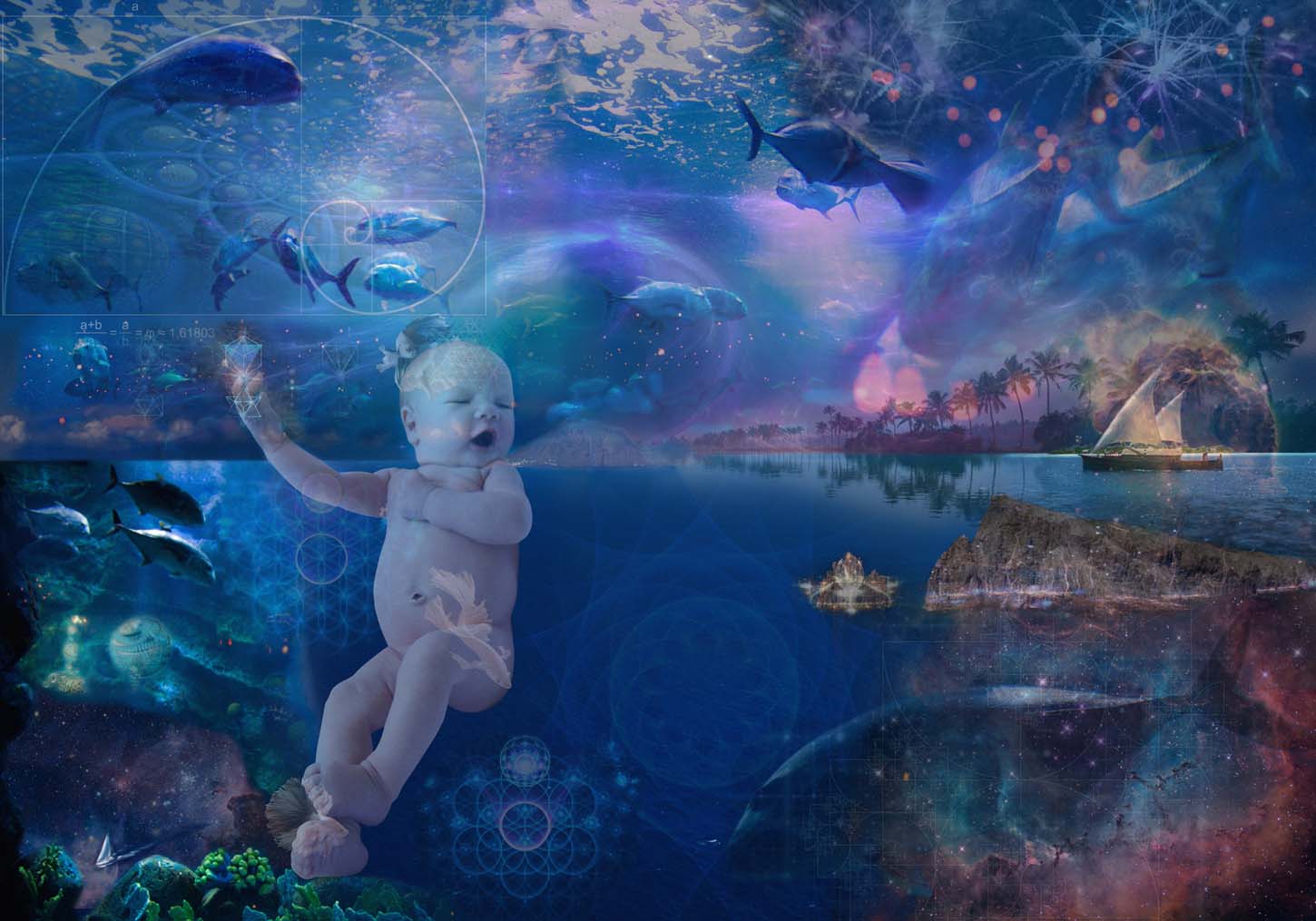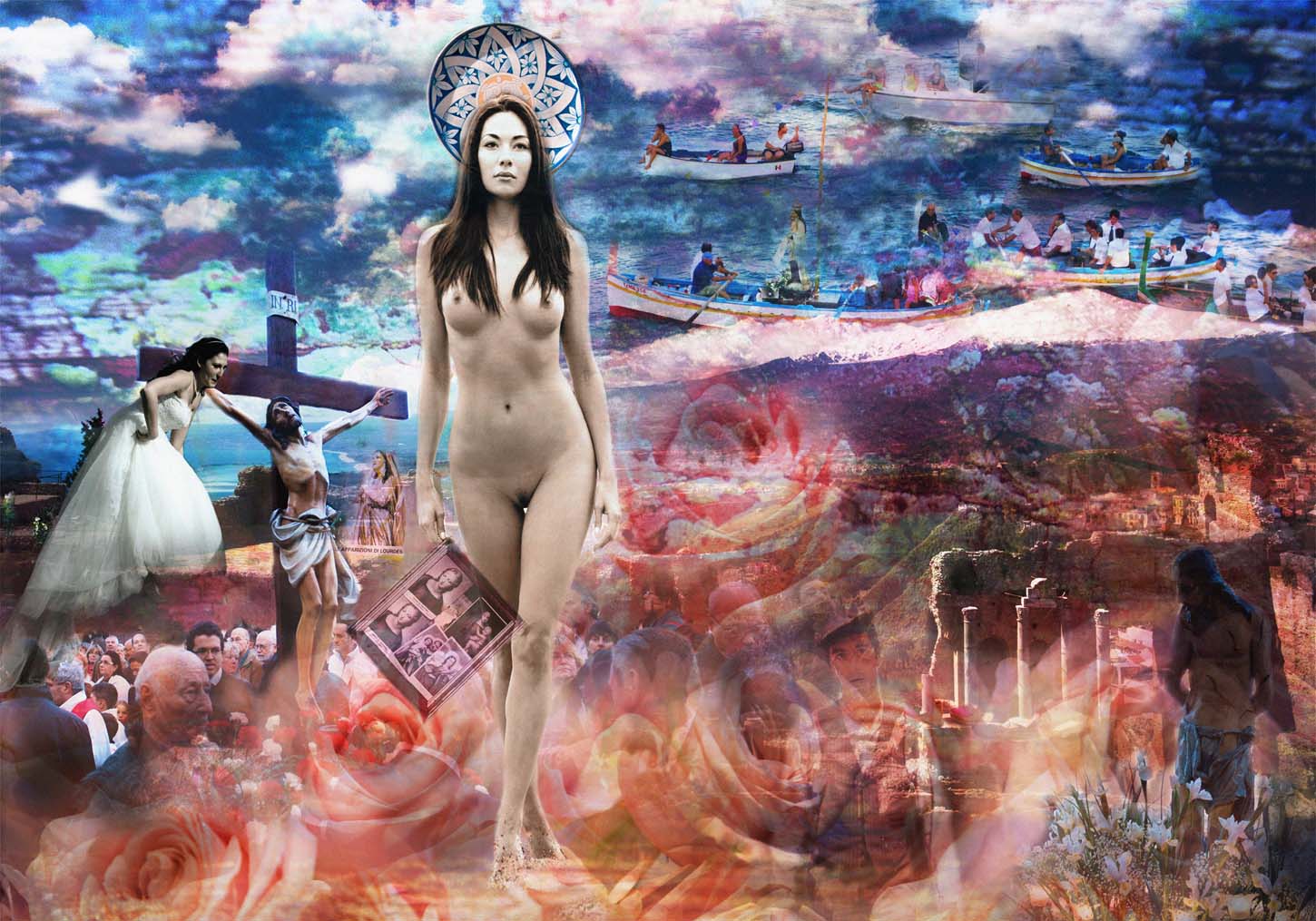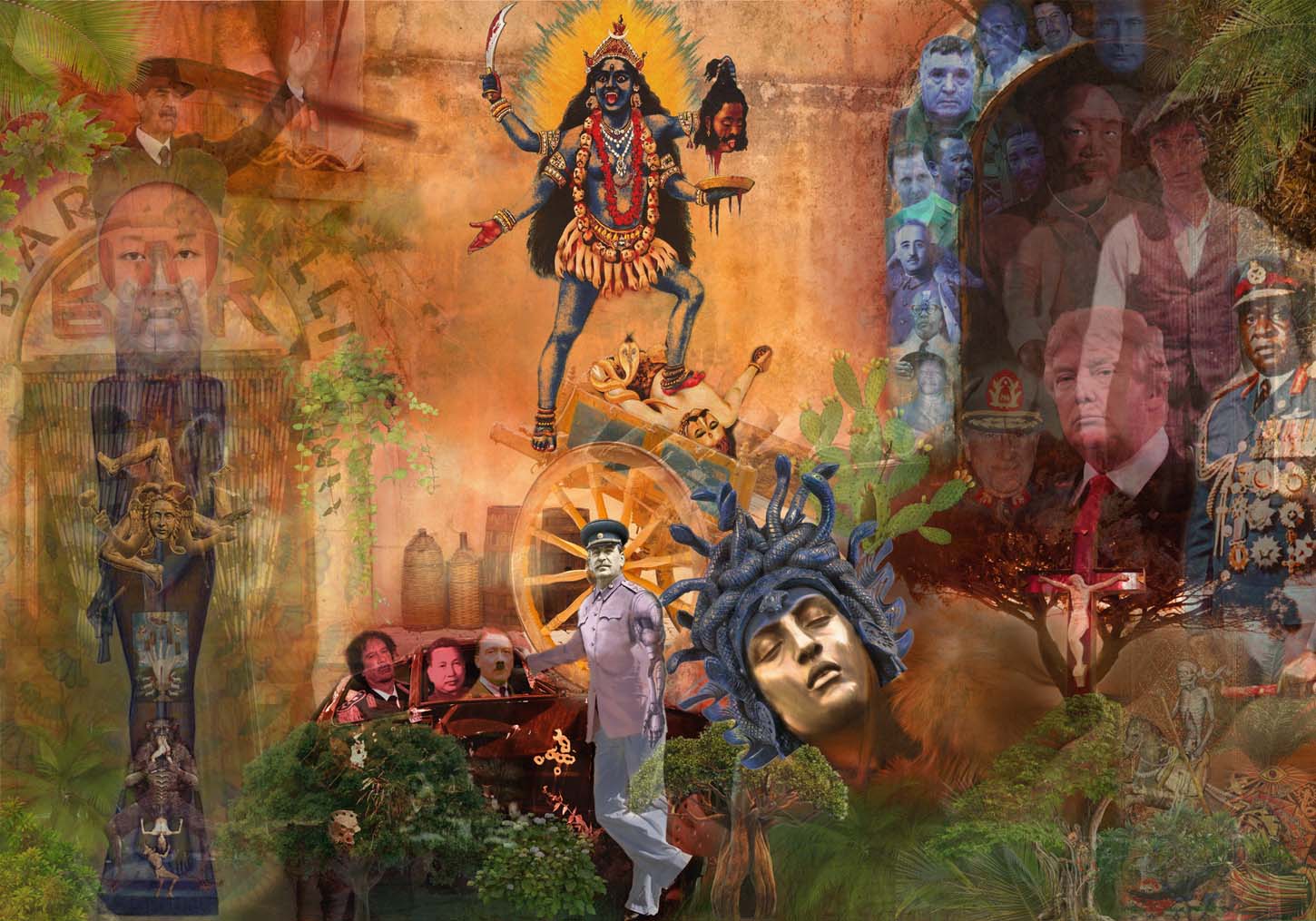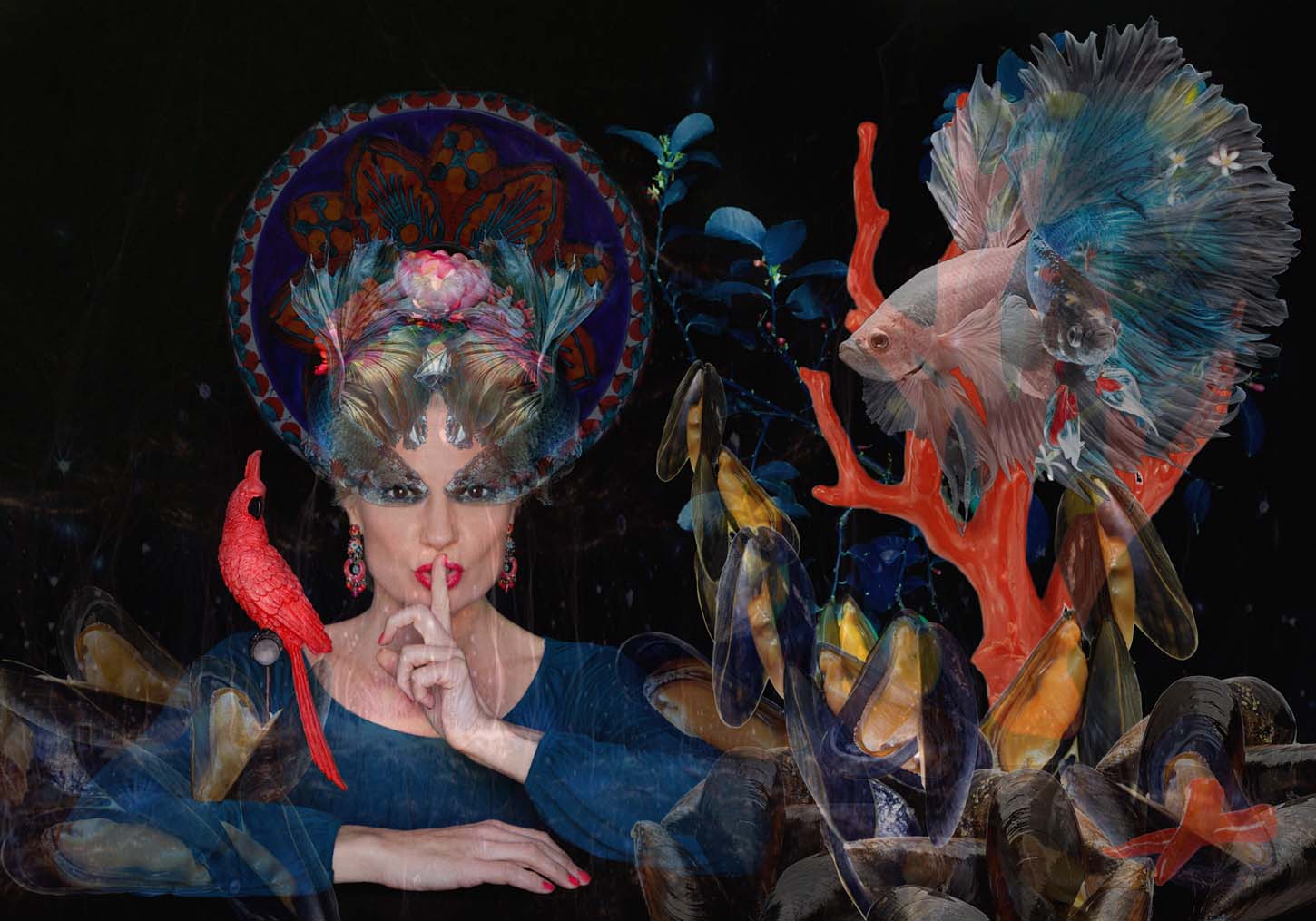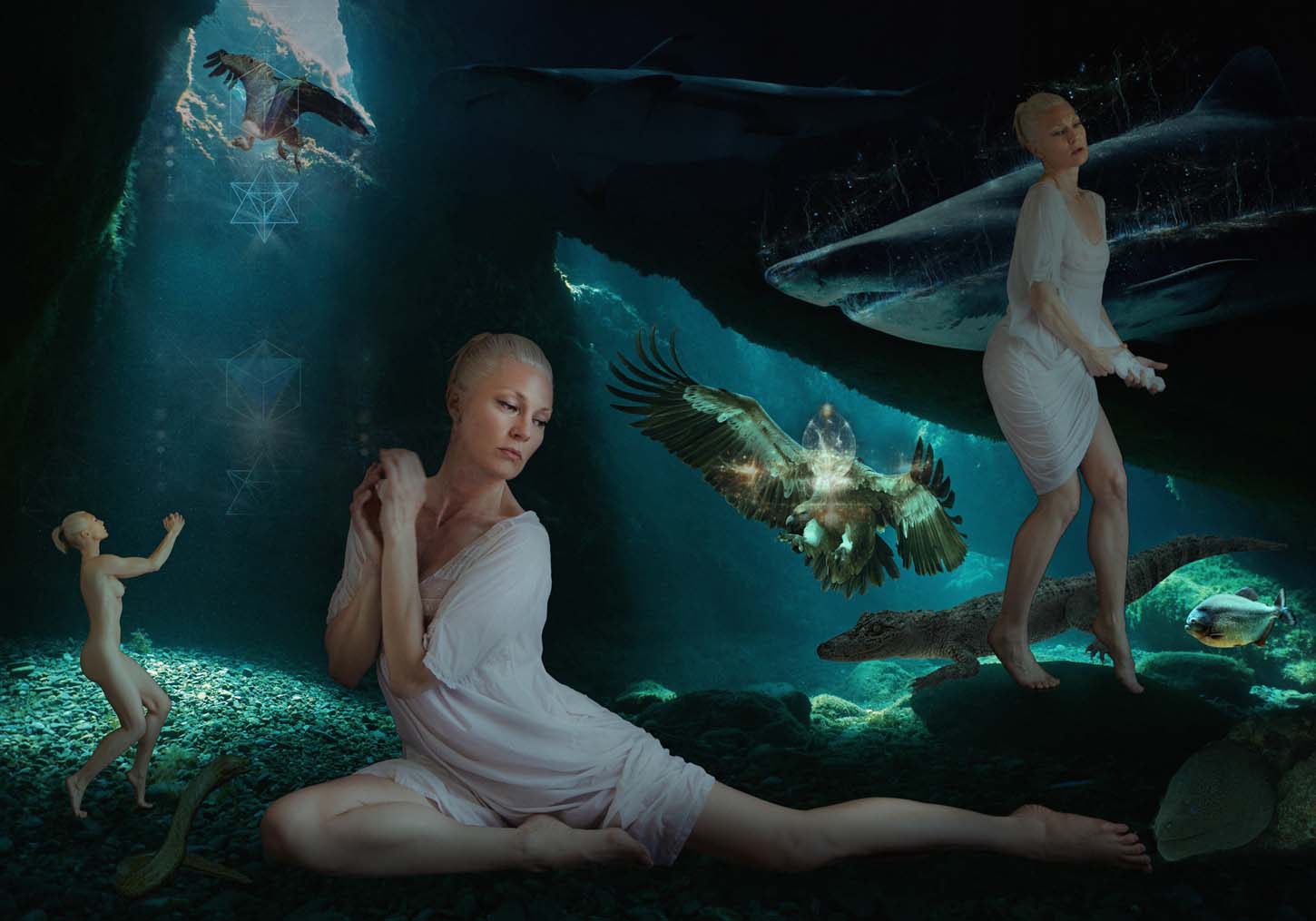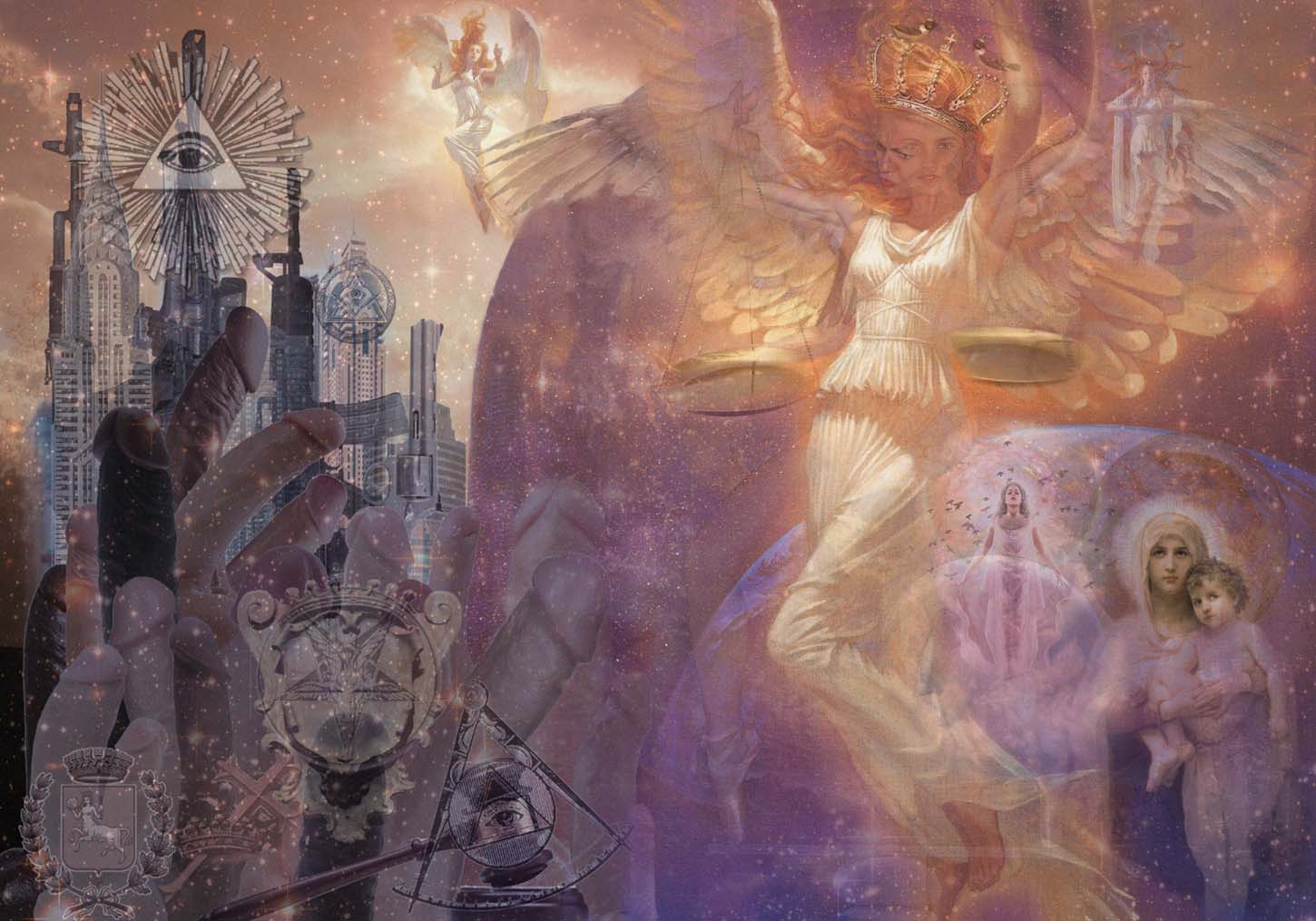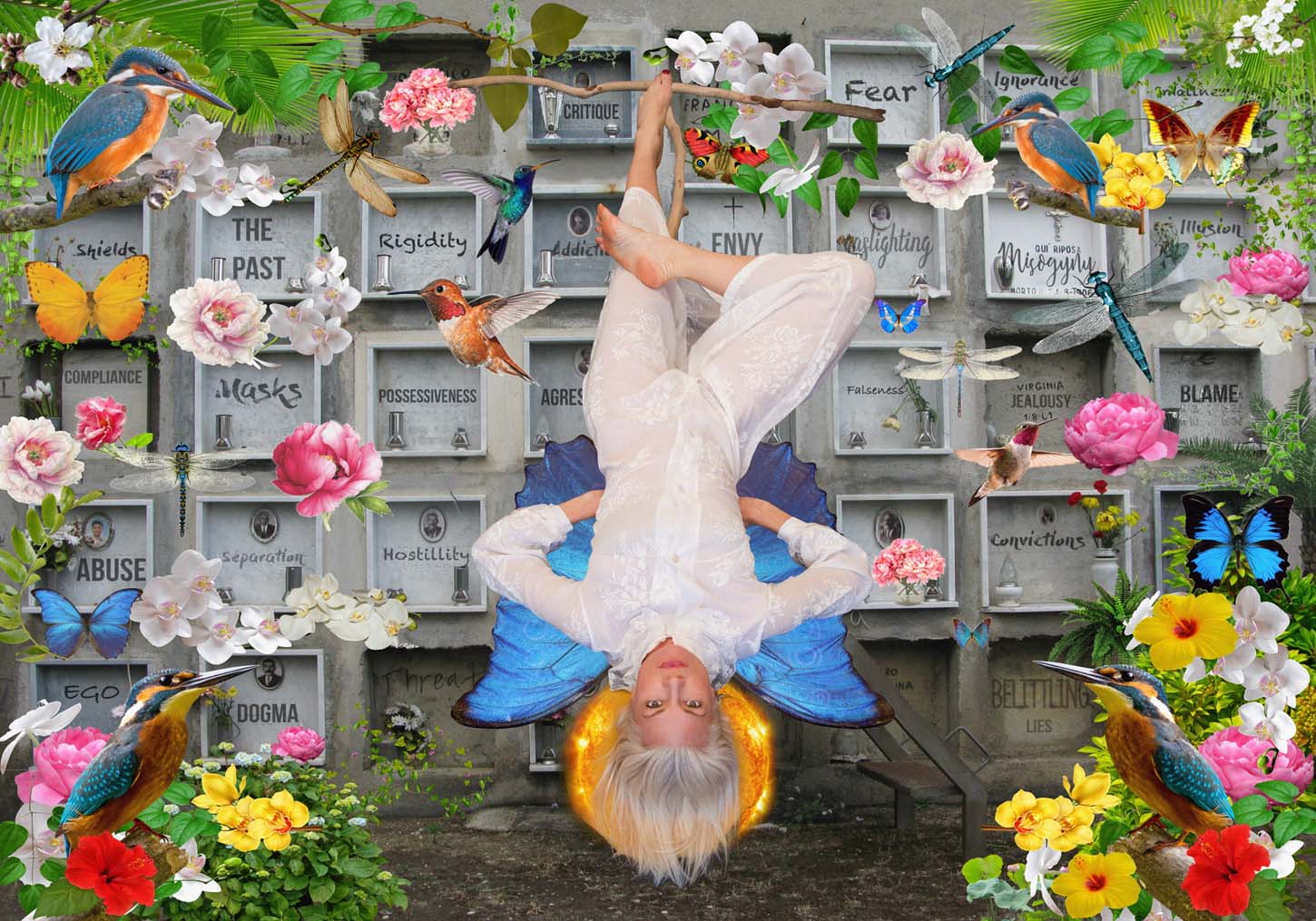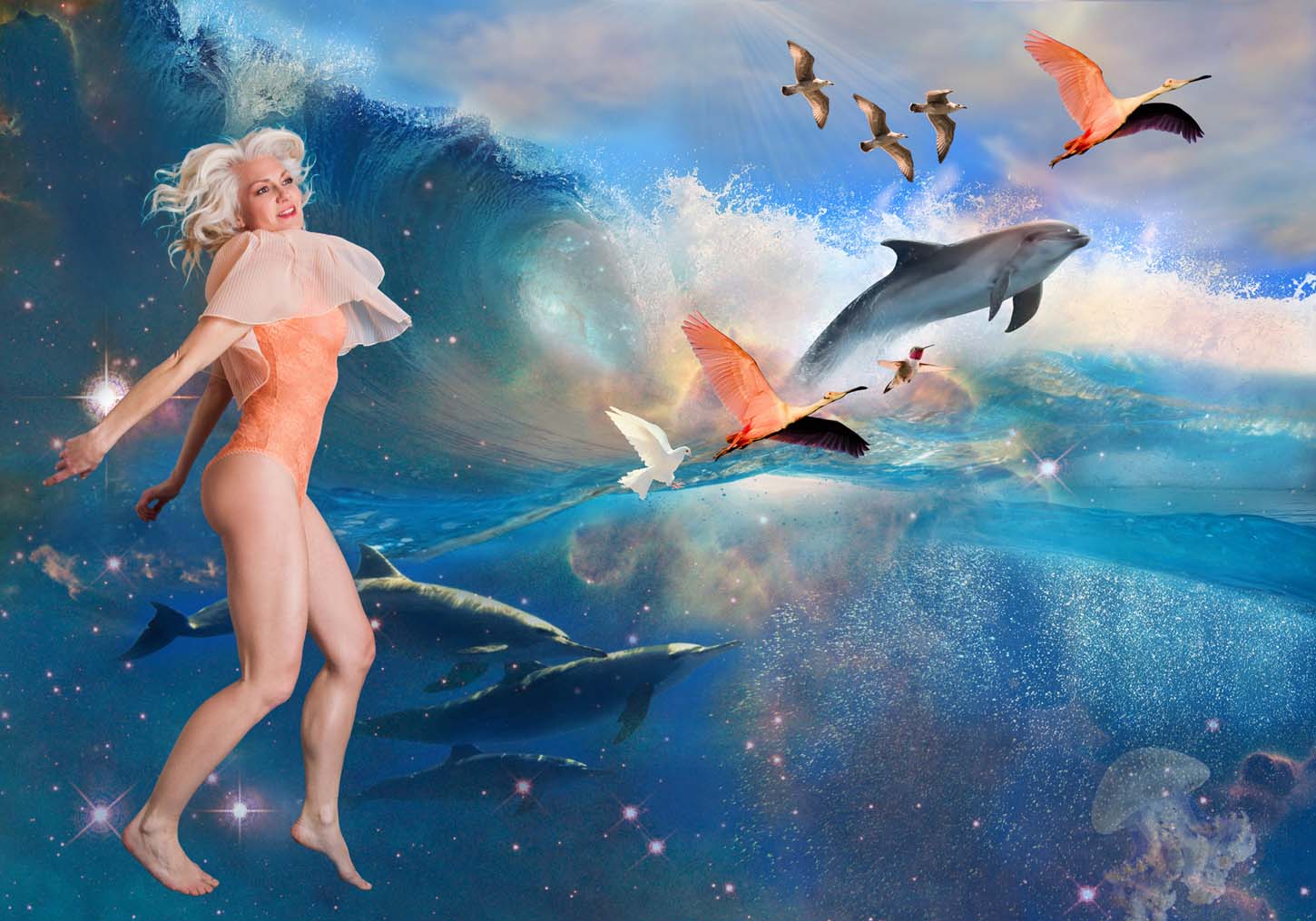Fine Art
SICILIAN ROLLER COASTER
Ami Elsius, expert photographer and longtime traveller, grew up in Sweden, with an inventor father and a mother so imaginative that she turned shopping at the market with her children in a game, an adventure.
The photographer has lived in Sicily since a few years. And it is from her experiences in this land, with its shadows and its lights, that the works of this exhibition are inspired. The title of the project, “Sicilian roller coaster, alludes to the alternation of highs and lows, and the feeling of being lost, that occurs when you are at the mercy of events out of your control.
Her photographic compositions, which she has been dedicated to for some years, unfold as intimate stages of a single interior journey, like Maison or Stations of a multiple scene that, like that of medieval theatre is articulated and unfolded in different narrative fragments that refer to each other, and together tell a destiny, an exemplary story.
The individual works, printed on aluminum, are formed through a bundling and overlapping of symbols and images, a large part of which are created by original shots by the Swedish photographer, and spring forth around a key idea, a phase of an inner experience, such as an accumulation of stratifications around a limit-experience. This interweaving and overlapping of figurative motifs at times resembles that of the creative processes of Surrealists like Max Ernst, tended to give space also to unconscious suggestions and to dreamlike influences. The compositions of Elsius unfold as it happens in dreams, where faces, bodies, animals and environments change according to different parameters from everyday life.
Each composition refers to the others, in a game of cross-references. Cruelty and hopes, good and evil, tears and ecstasies, impulses and silences, abrupt awakenings and new challenges, horrors and wonders of nature, are inextricably entwined as in cross-fades, and are combined.
Each of these layers are full of memories, very personal emotional memories, intimate, sometimes painful, sometimes veined with hope, a tenacious faith in life, female resistance.
Explicit and stated is the author’s reference to the photographs of the American David Lachapelle, for the strong, bright colours, for the provocative images, sometimes deliberately on the border of kitsch, for the use of the nude, for irony and humor with which the themes are developed, even the most dramatic ones. But in the author’s photographs the thematic nodes are always more internalised, more intimate.
Ma forse è proprio la rottura liberatrice di un silenzio subito, imposto o auto-imposto (tutto il contrario di un silenzio illuminante), che costituisce il senso ultimo e più autentico di queste opere.
In one of the works, “Silenced, which evokes and clearly refers to the self-portraits of Frida Khalo, a self-portrait by Ami Elsius, putting a finger on her lips, telling us to keep quiet. But perhaps it is precisely the breaking free of a silence suffered, imposed or self-imposed (all the opposite of an illuminating silence), which constitutes the ultimate and most authentic meaning of these works.
Forced to bed because of a bad bus accident, Frida Khalo wrote in her diary: “… I took the pencil and began to draw … It was not a choice, it was a necessity, the only way I could reappropriate my fragmented identity, I did not paint my restless insomnia, nor my anger, or my discouragement, nor my panic: I painted my re-enactment, my challenge to pain, and time began to flow … “
As for the paintings of the Mexican painter, the works of Ami Elsius are configured as an experience of self-therapy, of inner growth, of tenacious and a very human return to life.
The compositional process, the visual weaving, the “narrative” weaving, the craftsmanship, thus become vital tools for the elaboration of the trials that life presents us, overcoming difficult experiences, suffered injustices, sometimes related to the dramatic thematic node of the violence against women.
Artistic expression is experienced as a necessary impulse of self-healing, of salvation.
As it seems to remind us, in the work “Rude awakening to evil, the disquieting image of the goddess Kali, the ruthless destroyer of all illusions, only touching the bottom of her fragility, deprived of all the false certainties, we can take the path looking for our lost essence. As the essence of the inviolate child, without conditioning, which appears immersed in the waters of “New life”.
Thus the stages of the narrative, the magmatic overlapping of images, take on the urgency and necessity of a touching testimony, which transcends the strictly personal dimension to “become” a sign and make sure that the experience is not dispersed, and that, as Ami Elsius hopes, “the irretrievable losses and hopes of a personal experience, and the patient rebirth, are not all in vain …”.
Gioacchino Palumbo
